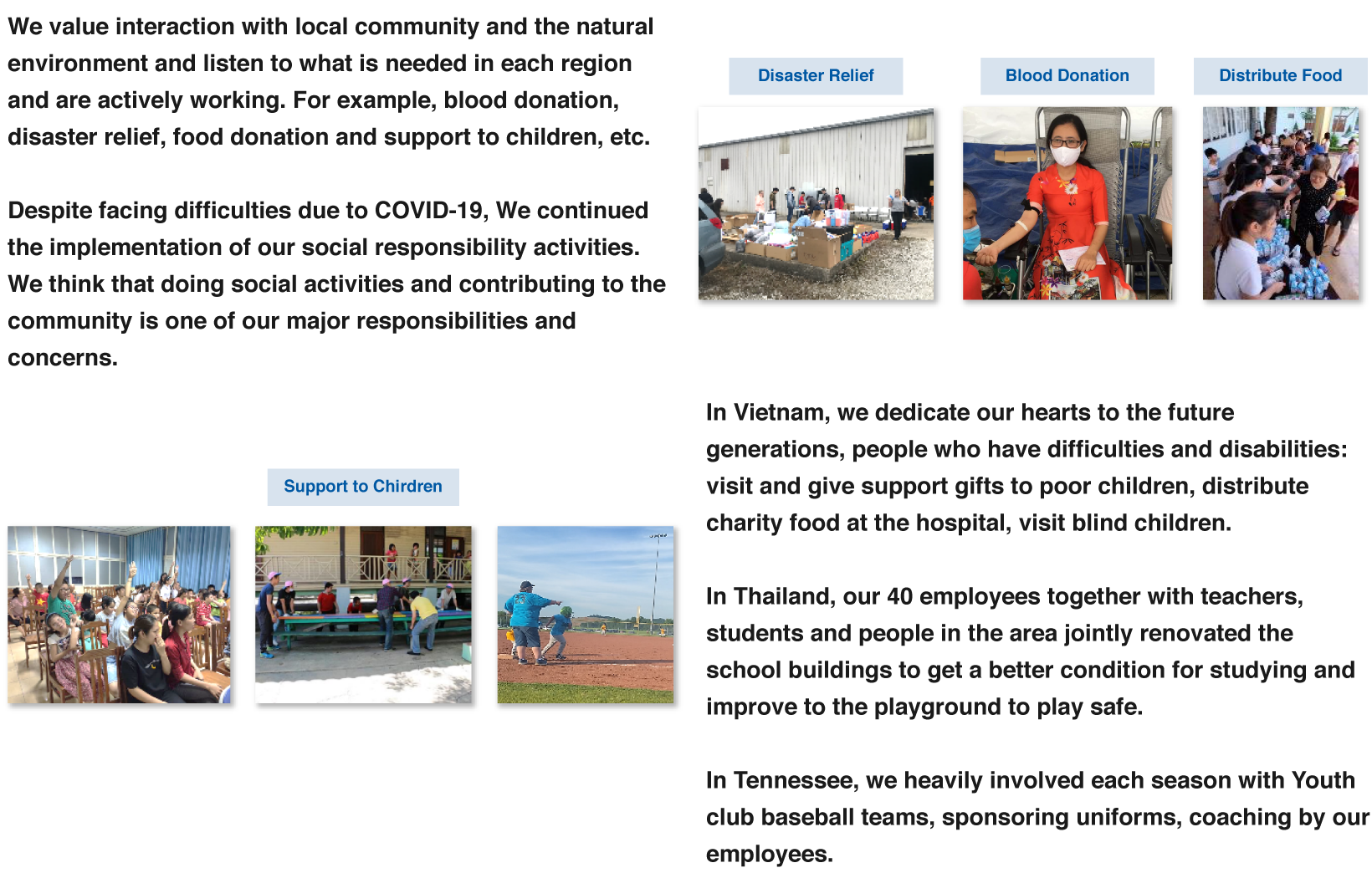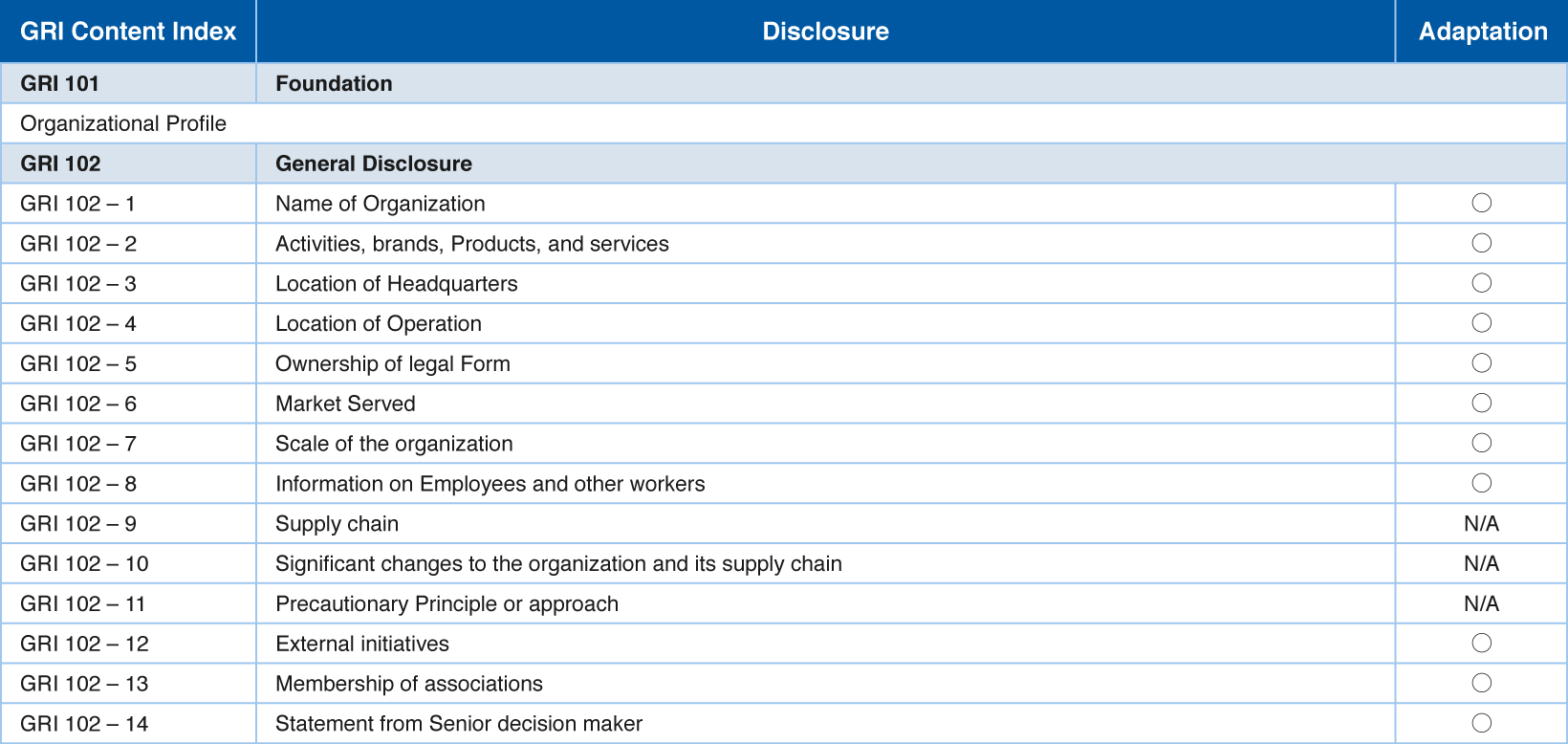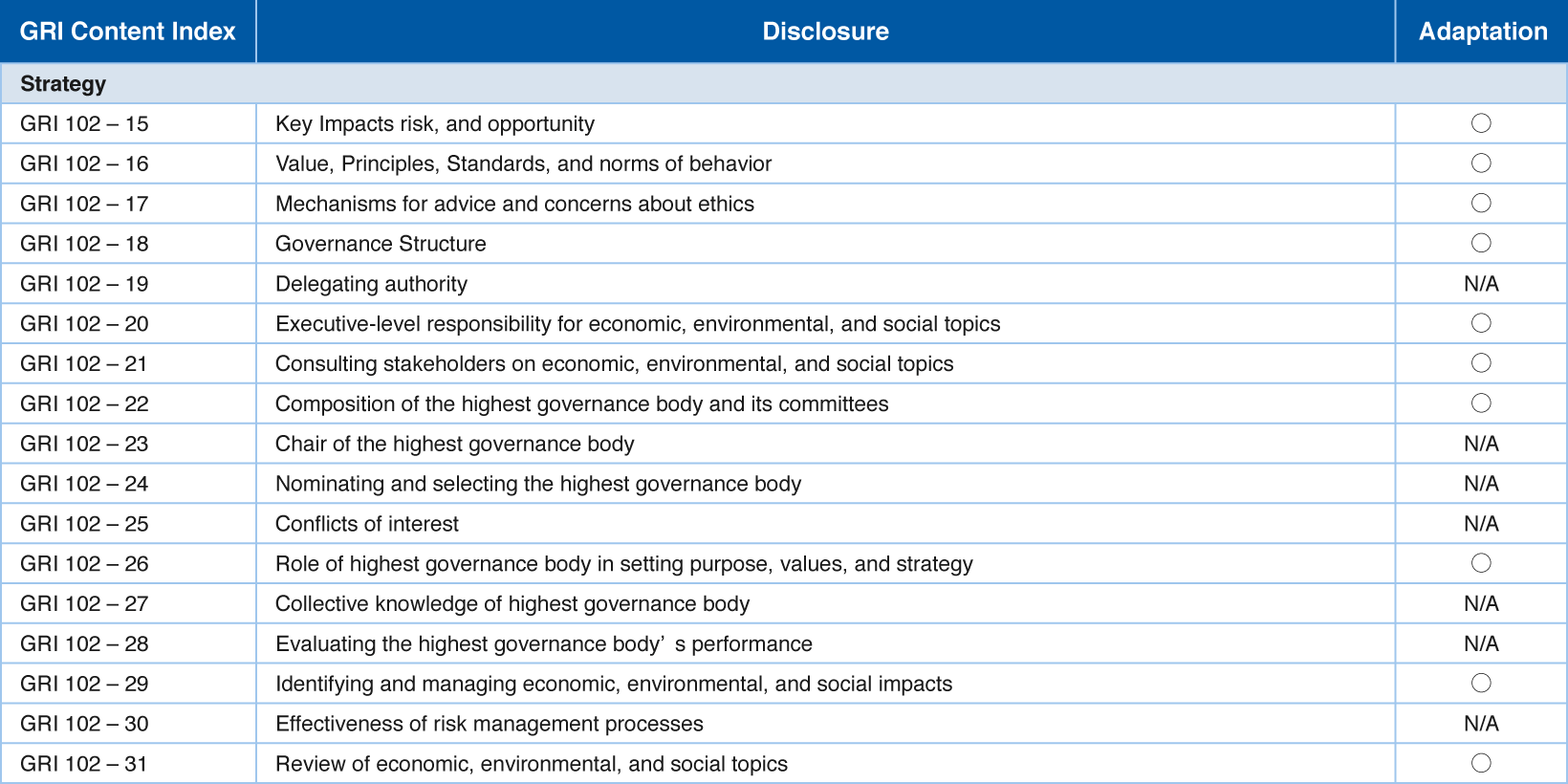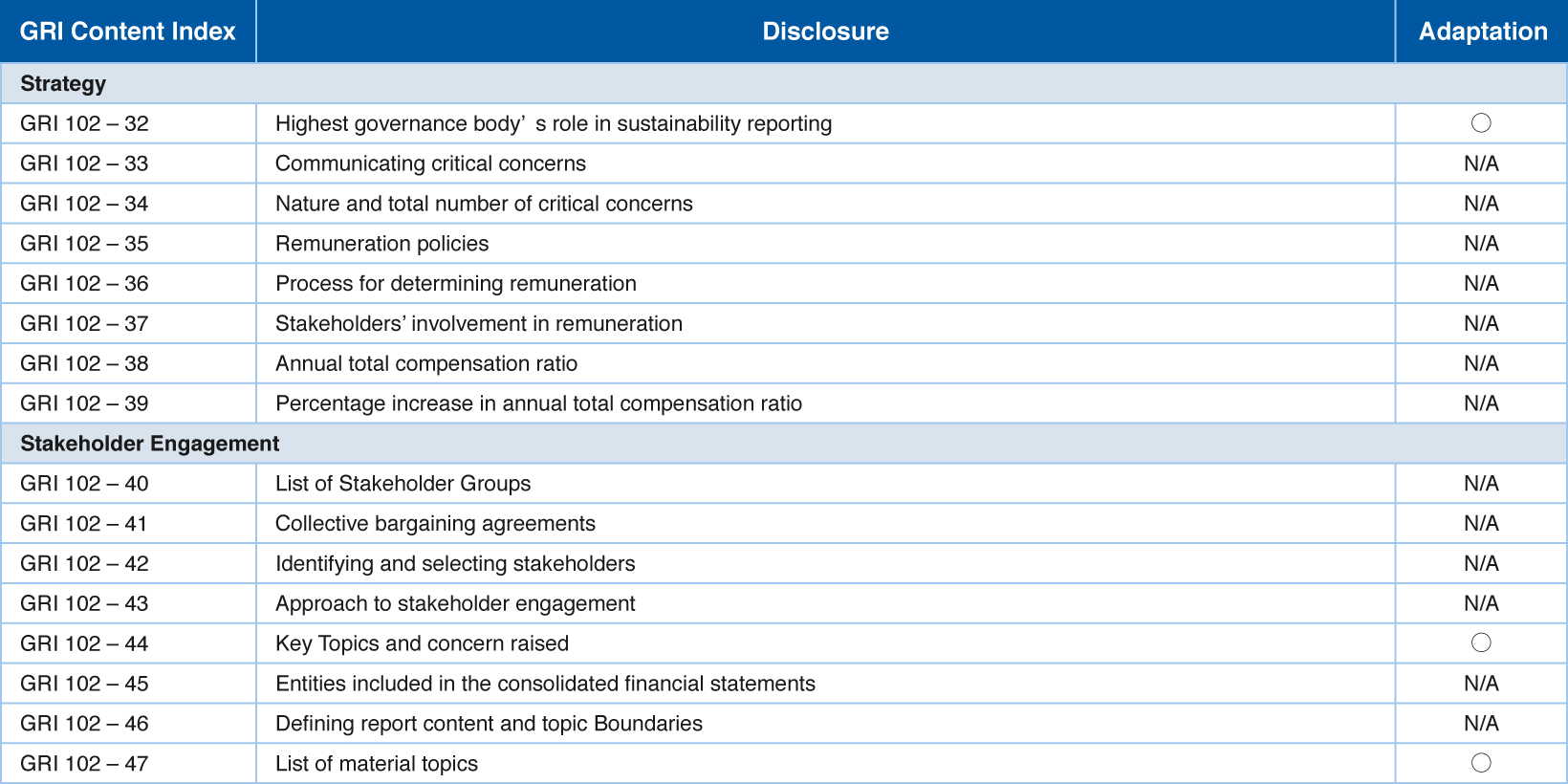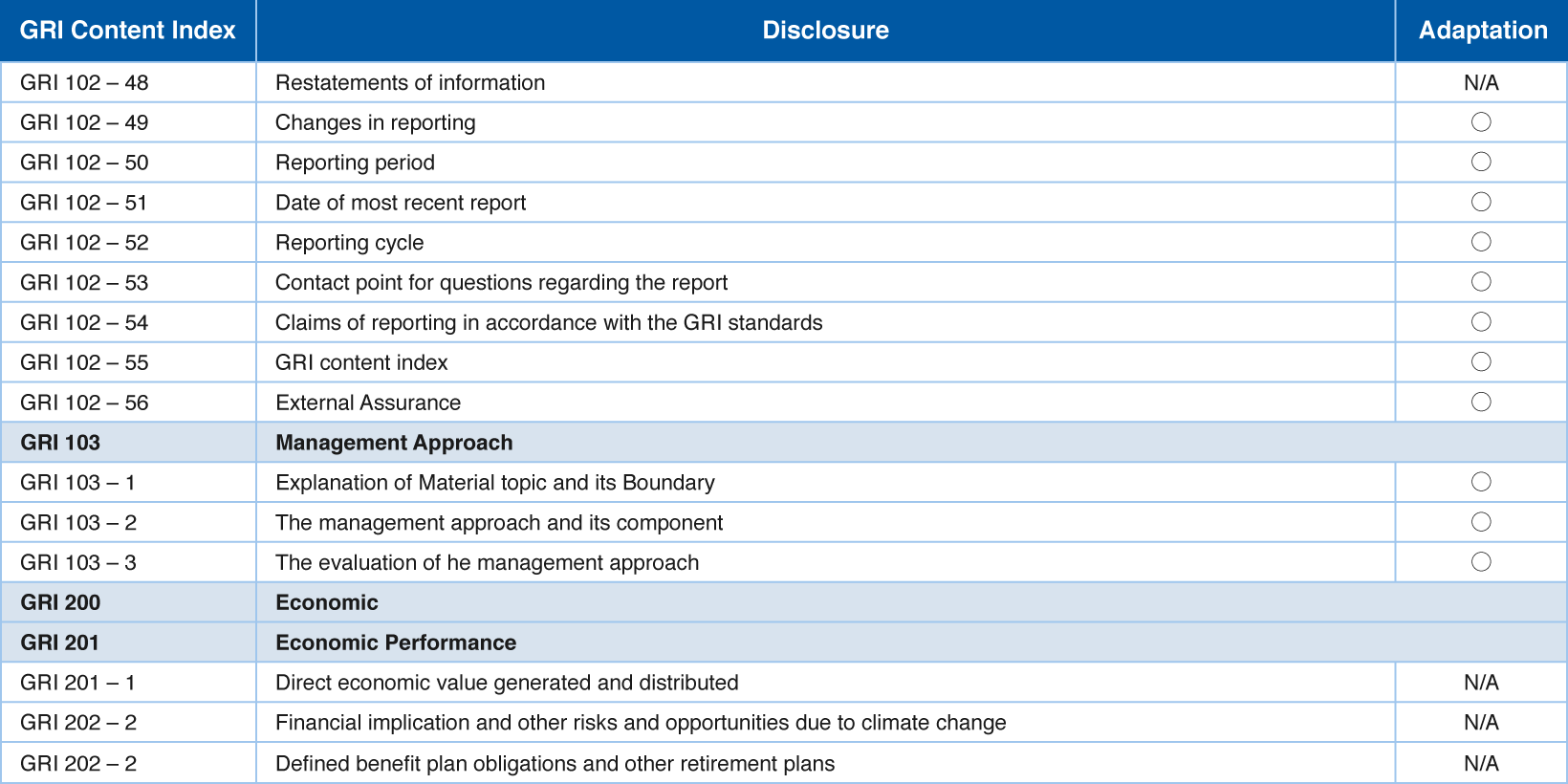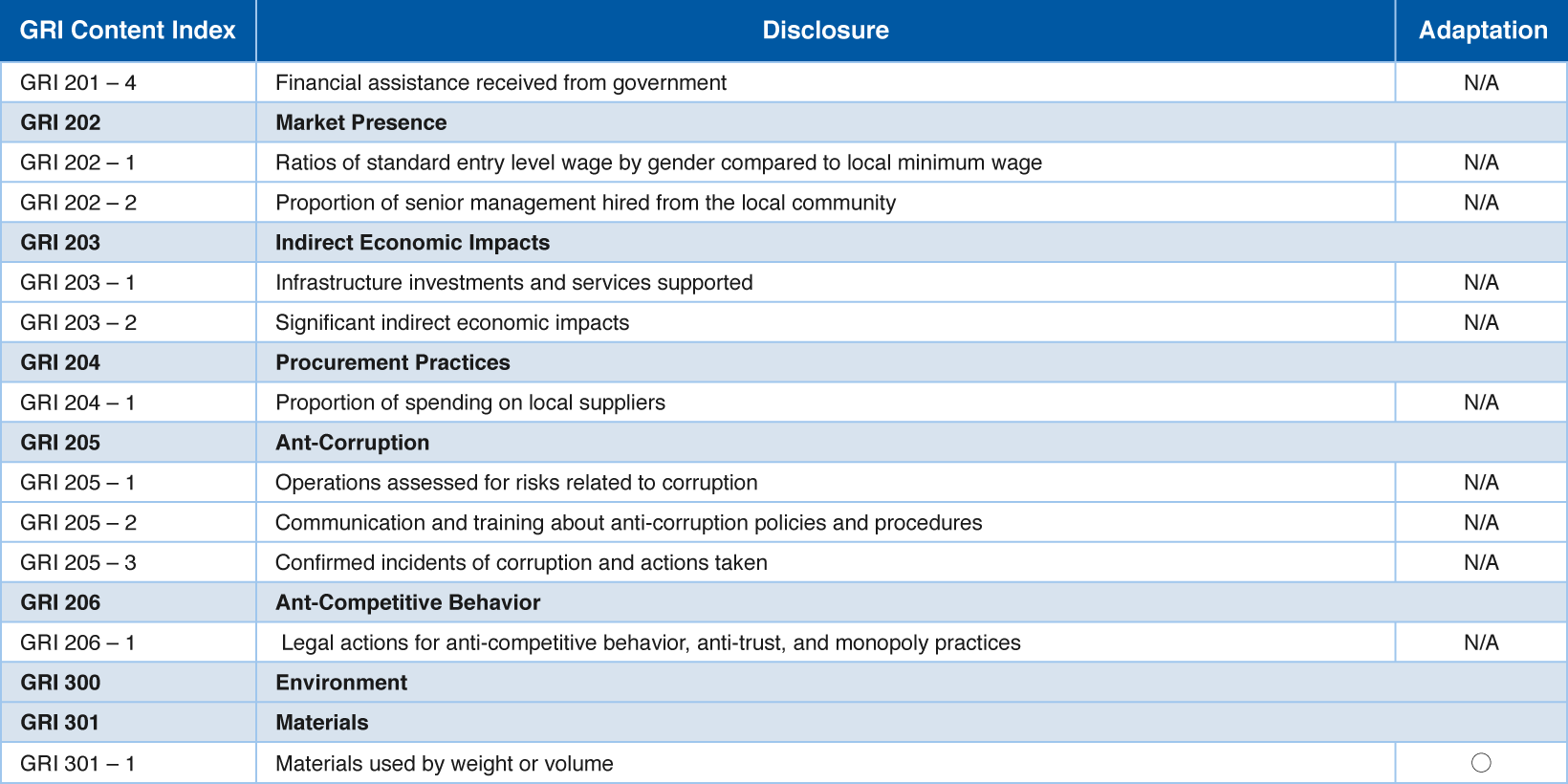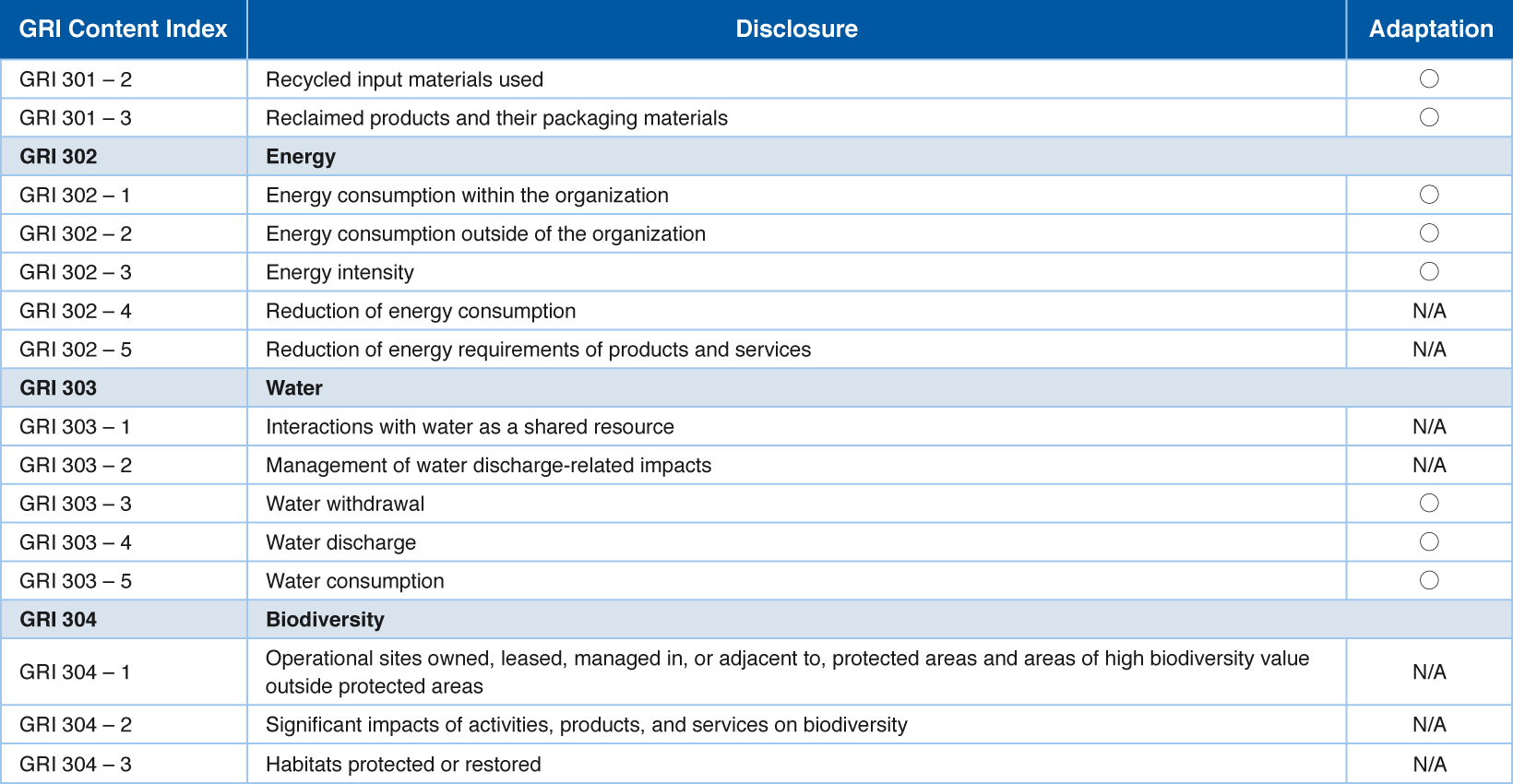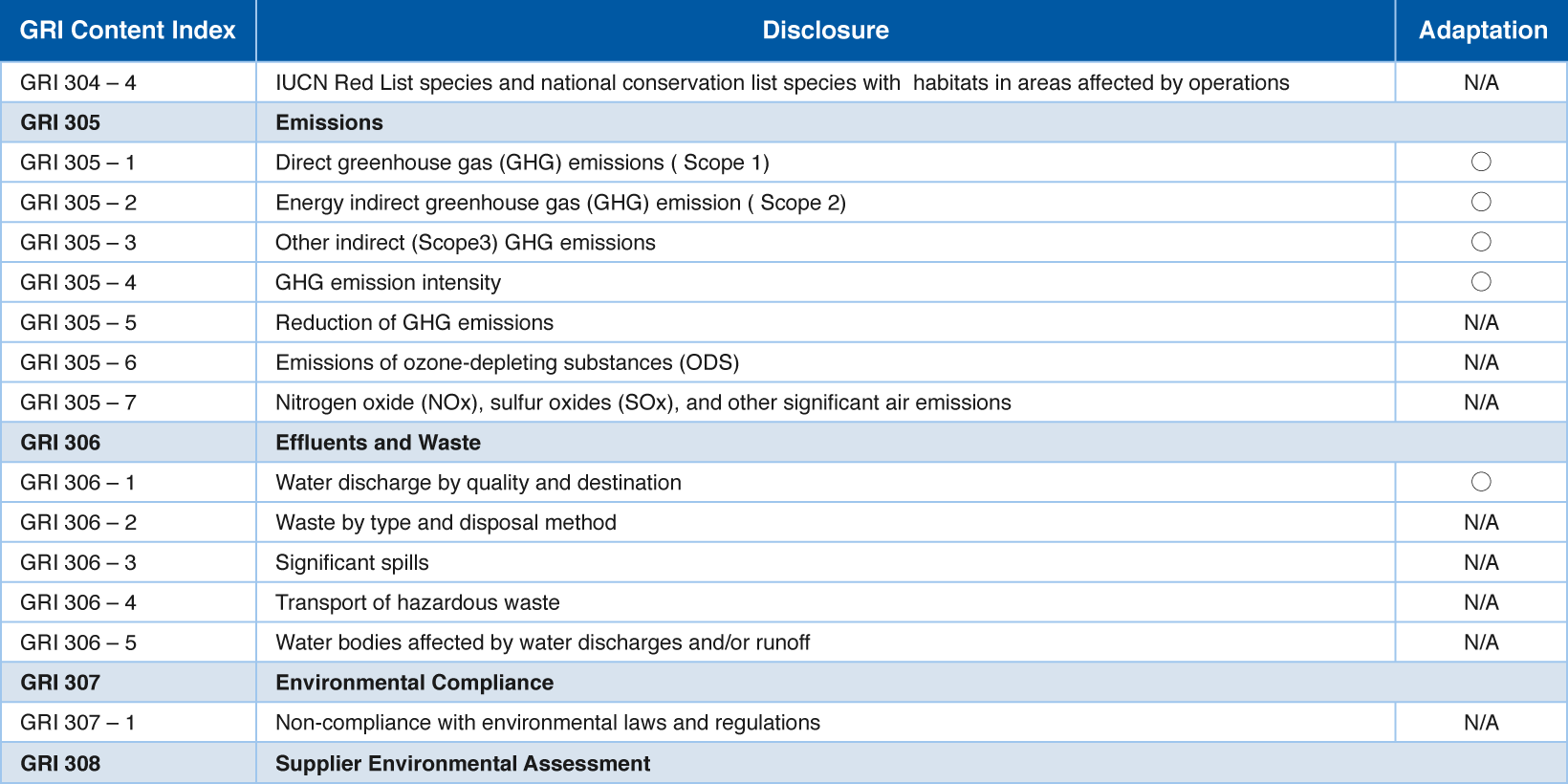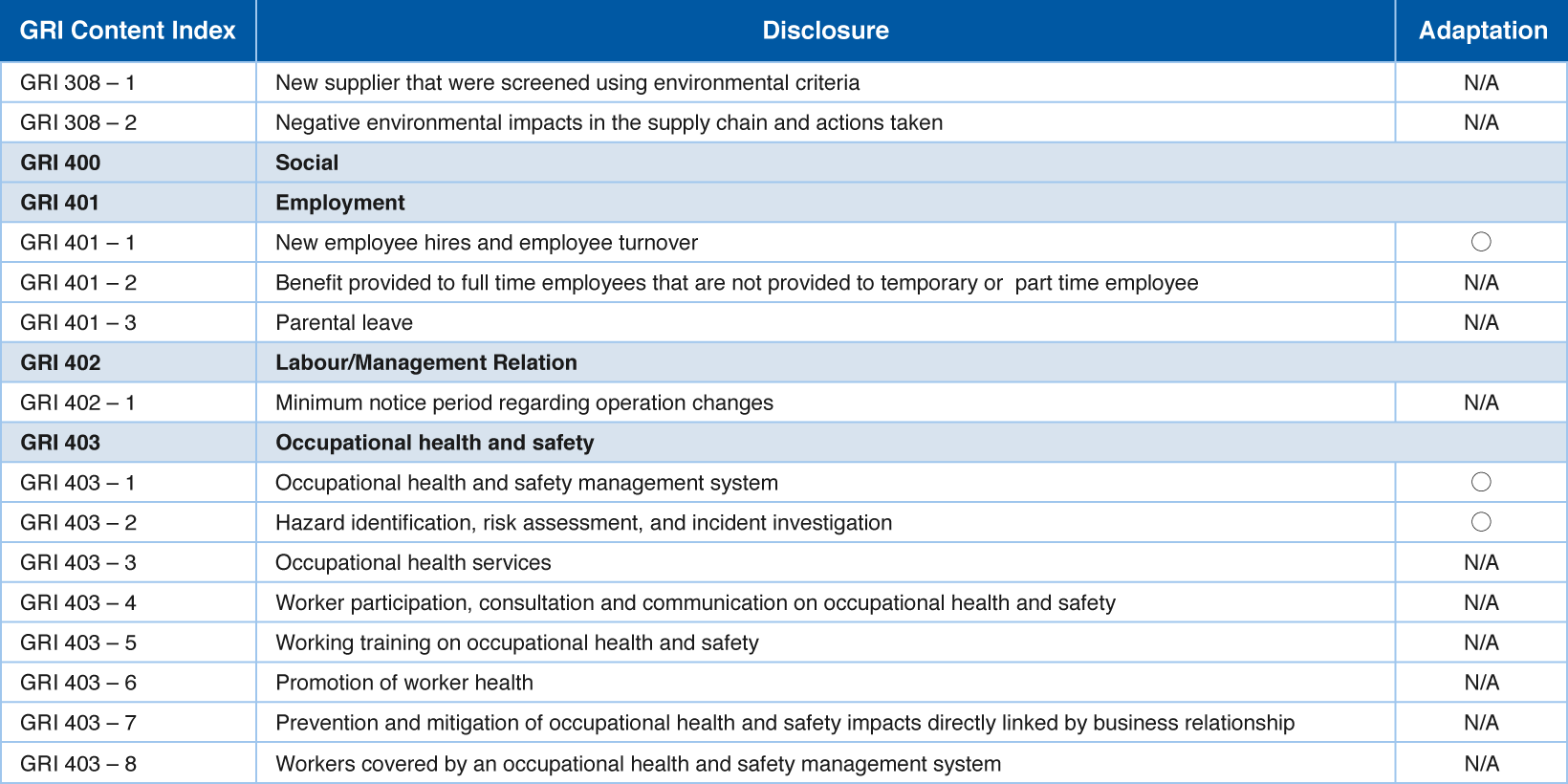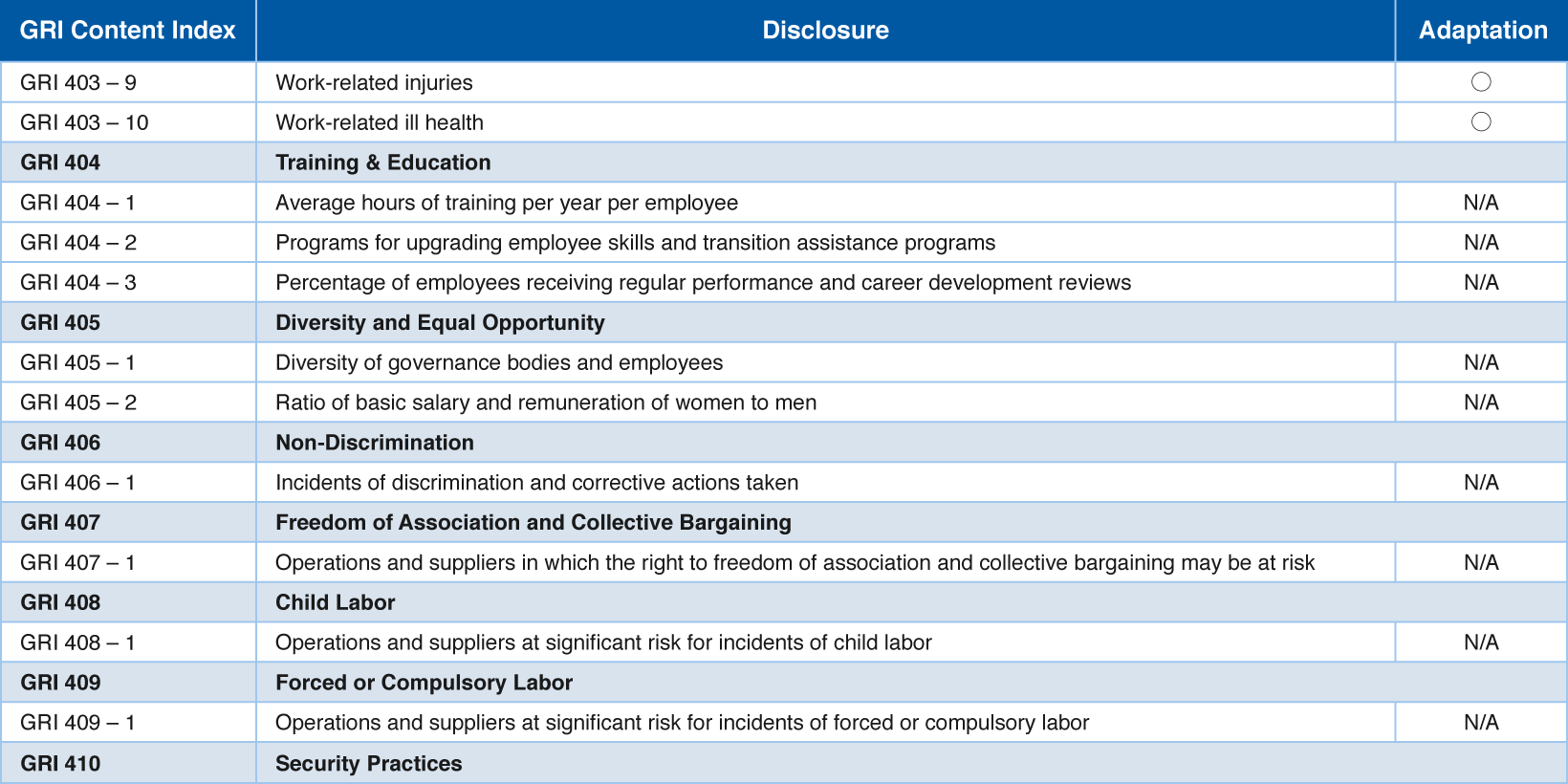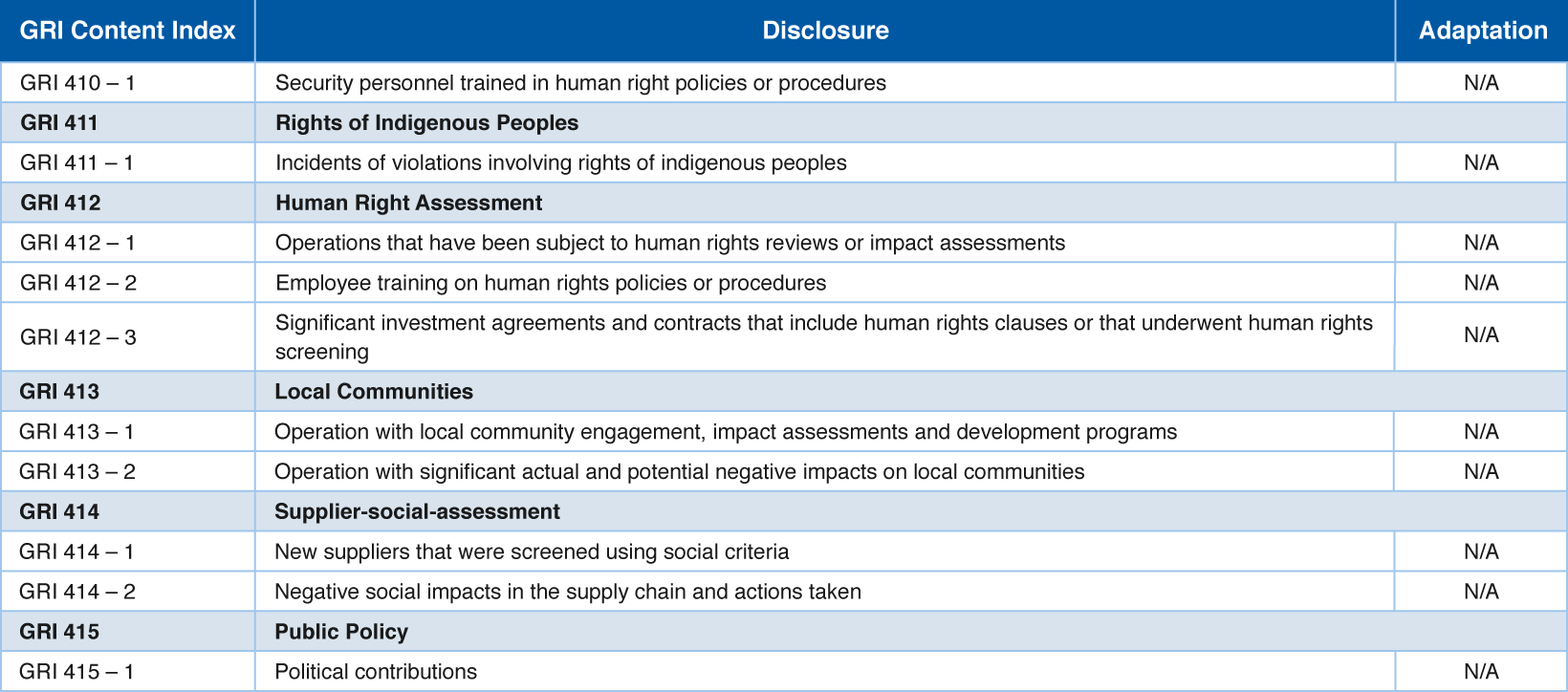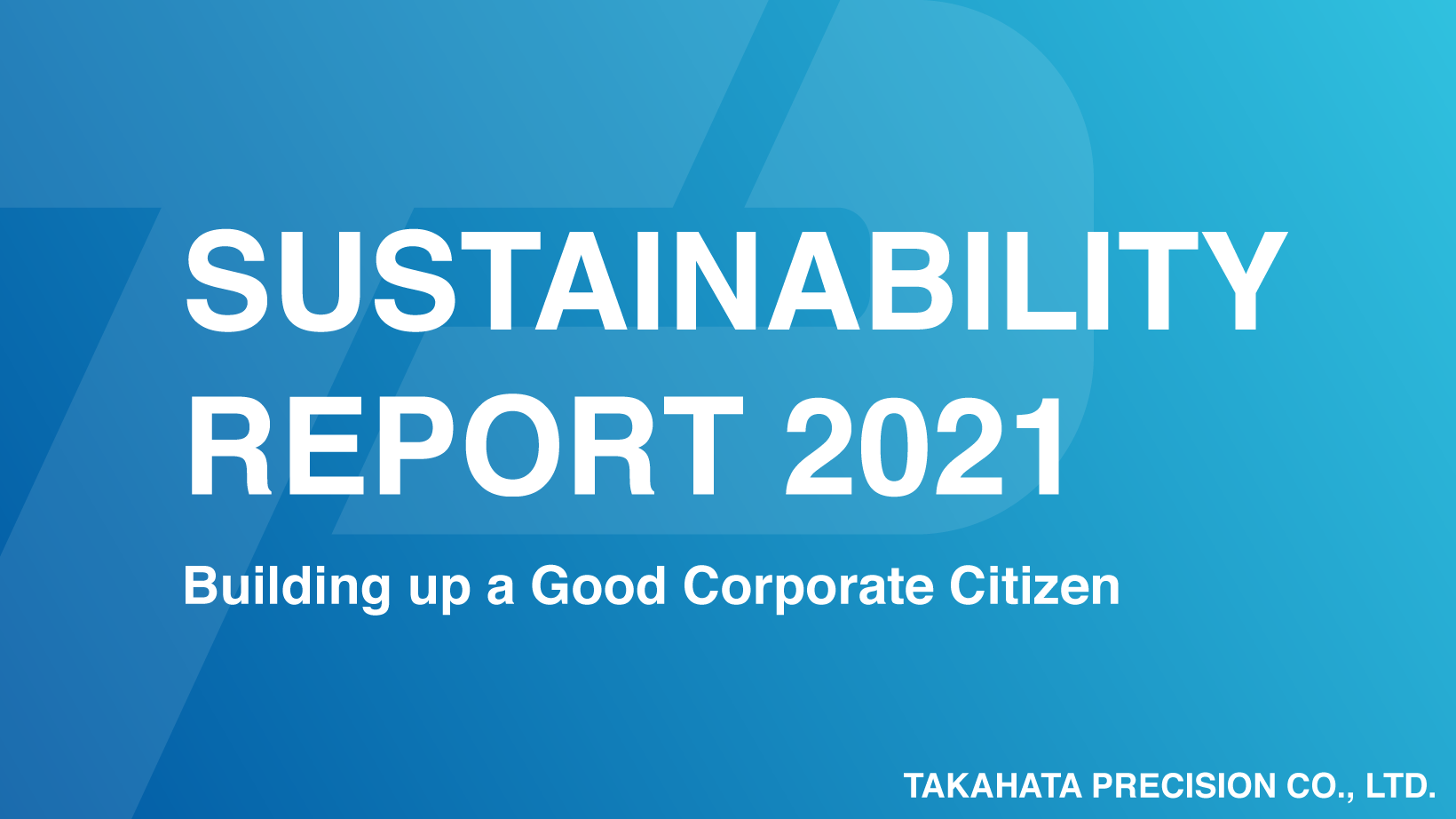
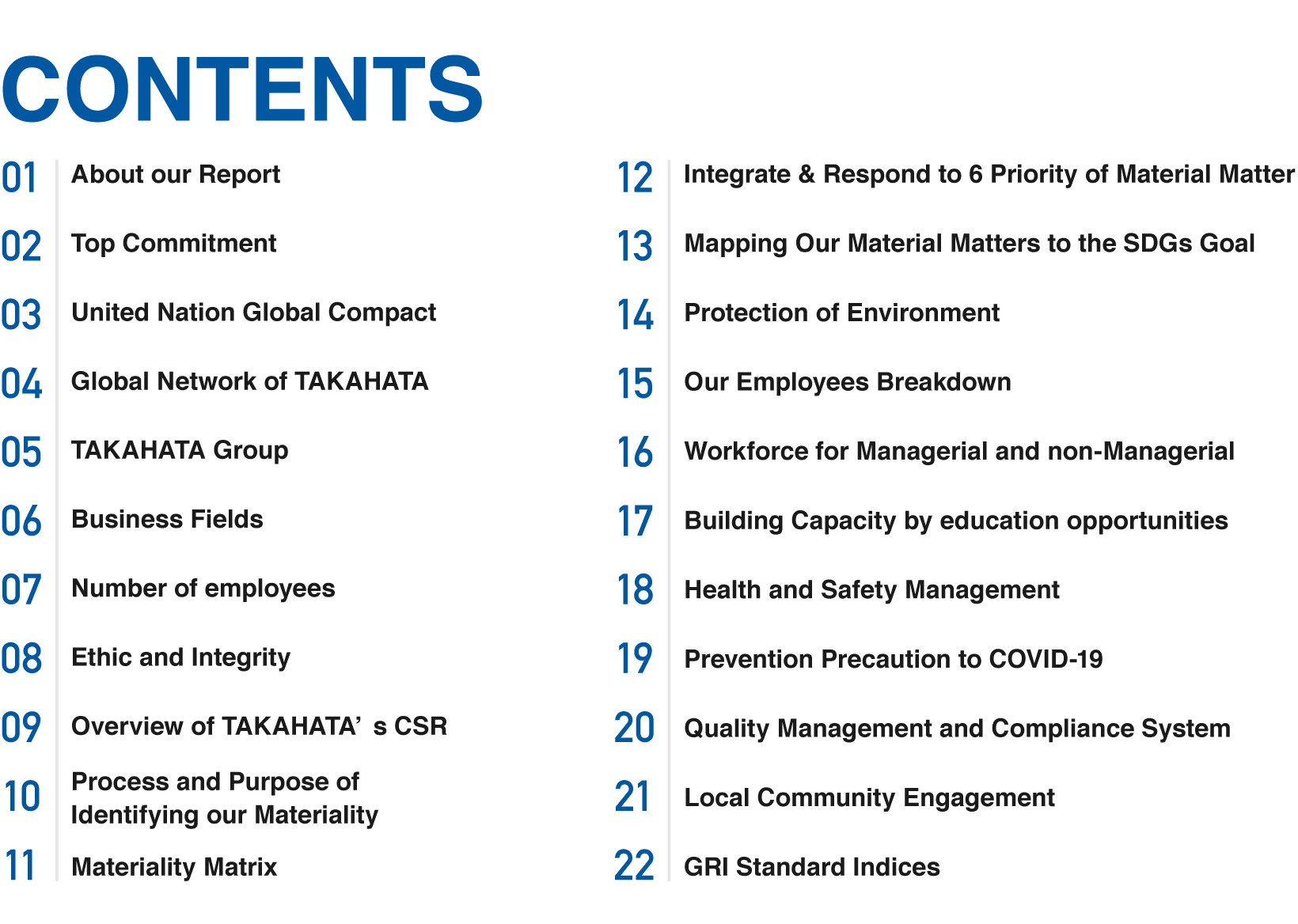
About our Report
GRI 102-49,102-50, 102-51,102-52,105-53,102-54,102-56
As a good, conscientious corporate citizen, Takahata Group is committed to a developing sustainable society.
This report covers all Takahata Group activities from 1st January to 31st December 2020. Our sustainable business practices are embedded throughout the Group's operations, comprising key economic, environmental and social considerations. KPI data has also been disclosed for comparison.
The report was changed from the base data report to group data report since the last submission, on July 5th 2020.
This report conforms to the core of GRI Sustainability Reporting Standard and has not been audited by any external agency or organization.
In case of any questions please feel free to contact us.
Any comments, thoughts and remarks are welcome.
Tomohisa Saito
Chairman of CSR committee at Takahata Precision Co., Ltd,
Top Commitment
GRI 102-14
Striving to be a true global company by revolutionizing business initiatives
I'm proud to say that TAKAHATA is a leading engineering plastics company that serves a wide range of industrial manufacturers and products such as automotive parts, OA equipment, optical equipment, residential facilities parts, medical equipment and the like.
Since our founding in 1929 as a water meter manufacturer, we have created high precision gears and an integrated system of production from start to finish. This includes the development, design, micron order fabrication, molding, and assembly which have earned TAKAHATA a reputation as an advanced technology company. We have sharpened our high-level of technological skills through further development in mechatronics sustained by the latest electronics technology, so that we can continue to grow as a global company with our 14 business affiliates around the world.
|
TAKAHATA's most cherished belief is "Technology, Quality, and Human Assets." This means that we will contribute to society through creating products based on technology, quality, and human assets. Especially in regard to our human assets, we promote and provide a working environment where every employee, regardless of nationality, race or ethnic group, can demonstrate and exert their full potential.
Furthermore, to actively promote activities as good corporate citizens, we will embrace environmental and social issues on a global scale. We support the UN Global Compact, which shows our commitment to solving these issues.
The world around us is changing dramatically. As TAKAHATA continues to expand globally and develop new technologies, we will strive to provide more attractive products and services for our customers and contribute to the development of a more sustainable society.
|
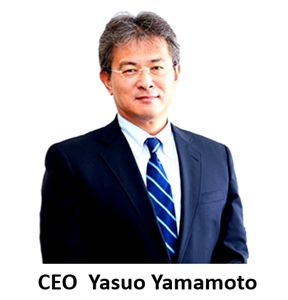 |
United Nation Global Compact
As A Company that operates globally, we support the 10 principle of United Nation Global Compact (UNGC) and conduct activities for compliance, decent work, care for environment and anti-corruption.
TAKAHATA Group’s commitment to human rights, labor, environment and anti-corruption is defined in our Code of conduct, corporate Ethics Policy , Environment Policy and CSR Policy.
Human Rights
Principle 1: Businesses should support and respect the protection of internationally proclaimed human rights; and
Principle 2: Make sure that they are not complicit in human rights abuses.
Labor
Principle 3: Businesses should uphold the freedom of association and the effective recognition of the right to collective bargaining.
Principle 4: The elimination of all forms of forced and compulsory labor;
Principle 5: The effective abolition of child labor; and
Principle 6: The elimination of discrimination in respect of employment and occupation.
Environment
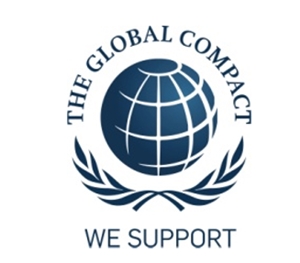
Principle 7: Businesses should support a precautionary approach to environmental challenges;
Principle 8: Undertake initiatives to promote greater environmental responsibility; and
Principle 9: Encourage the development and diffusion of environmentally friendly technologies.
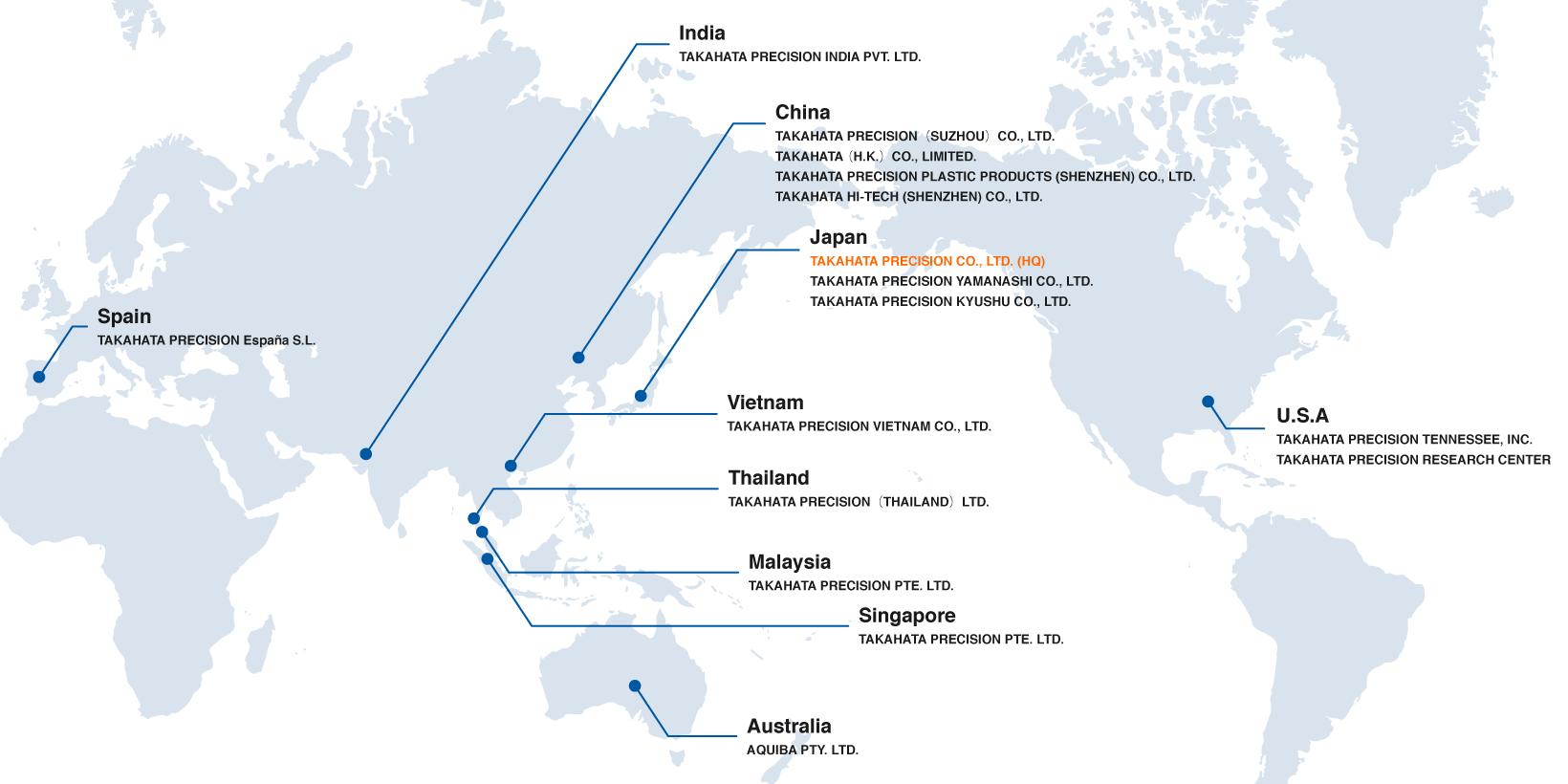
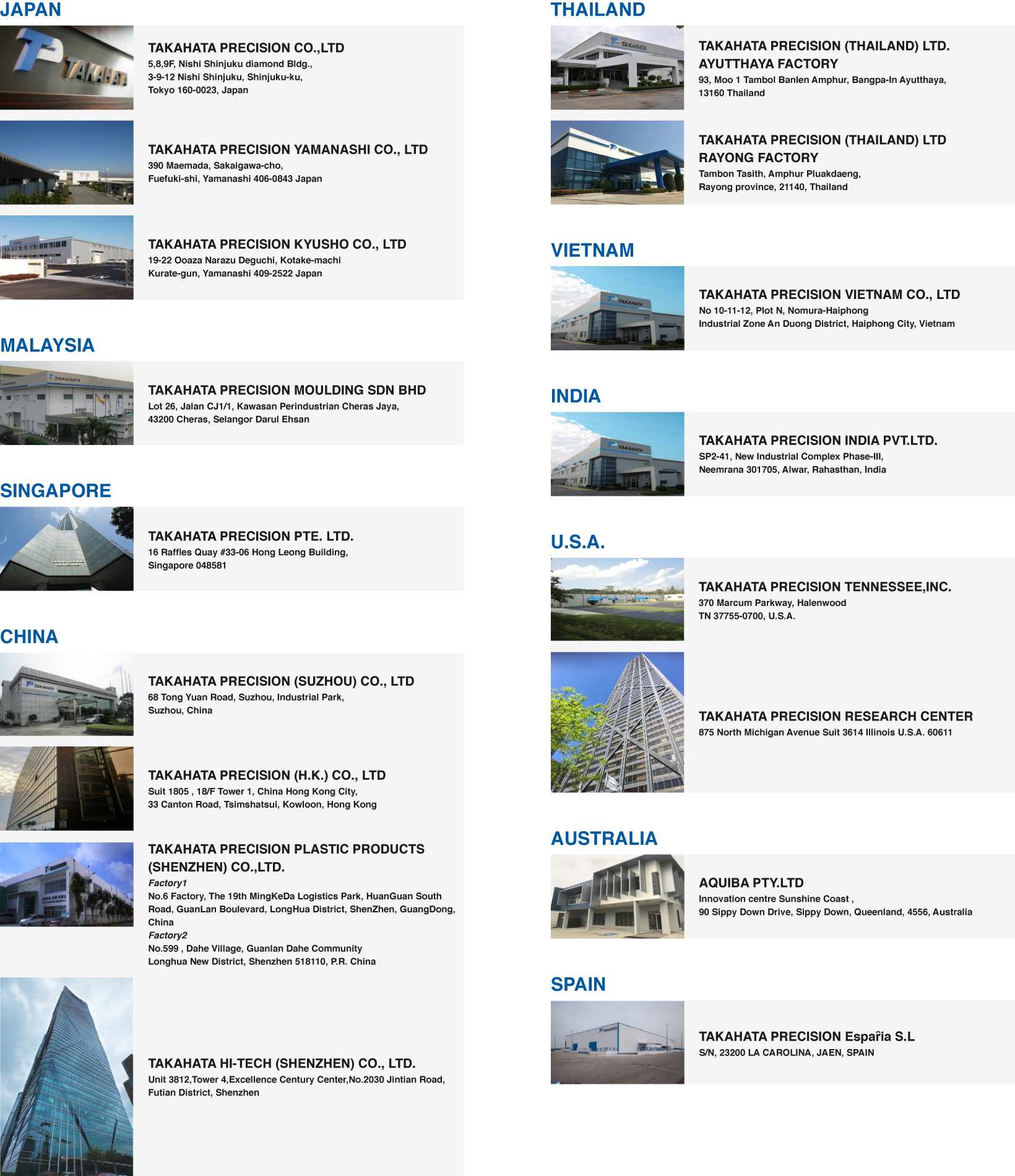
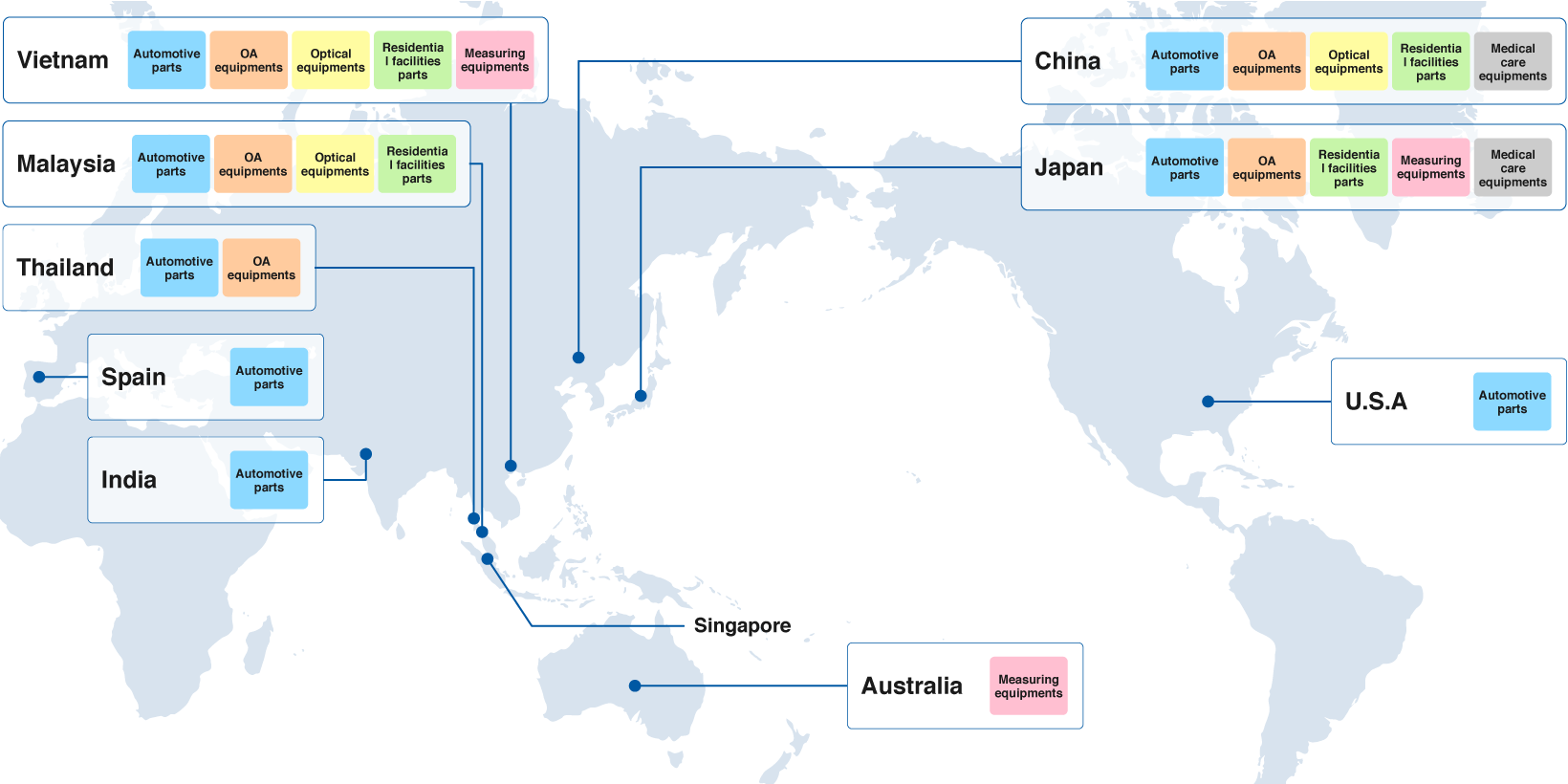
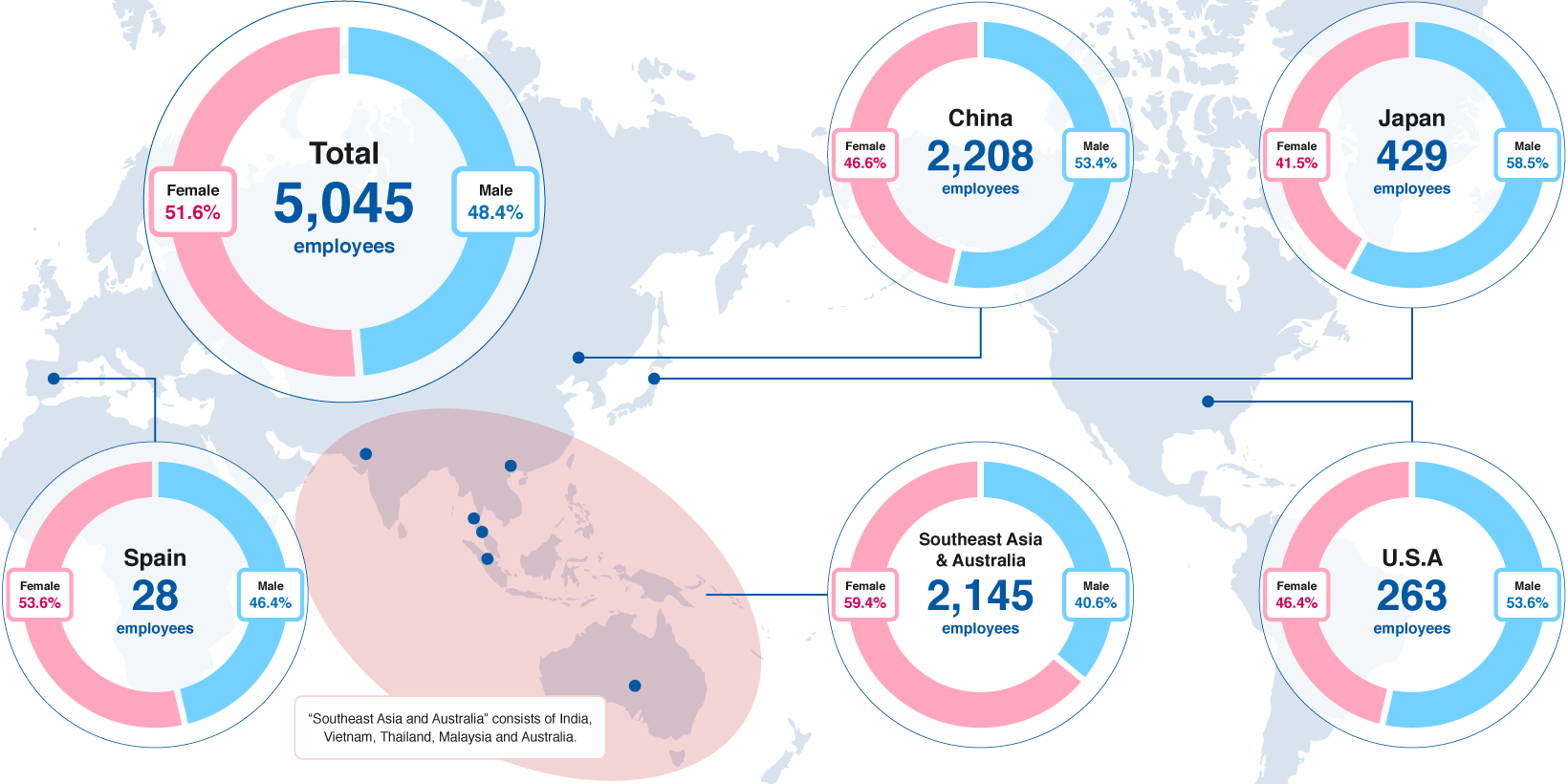
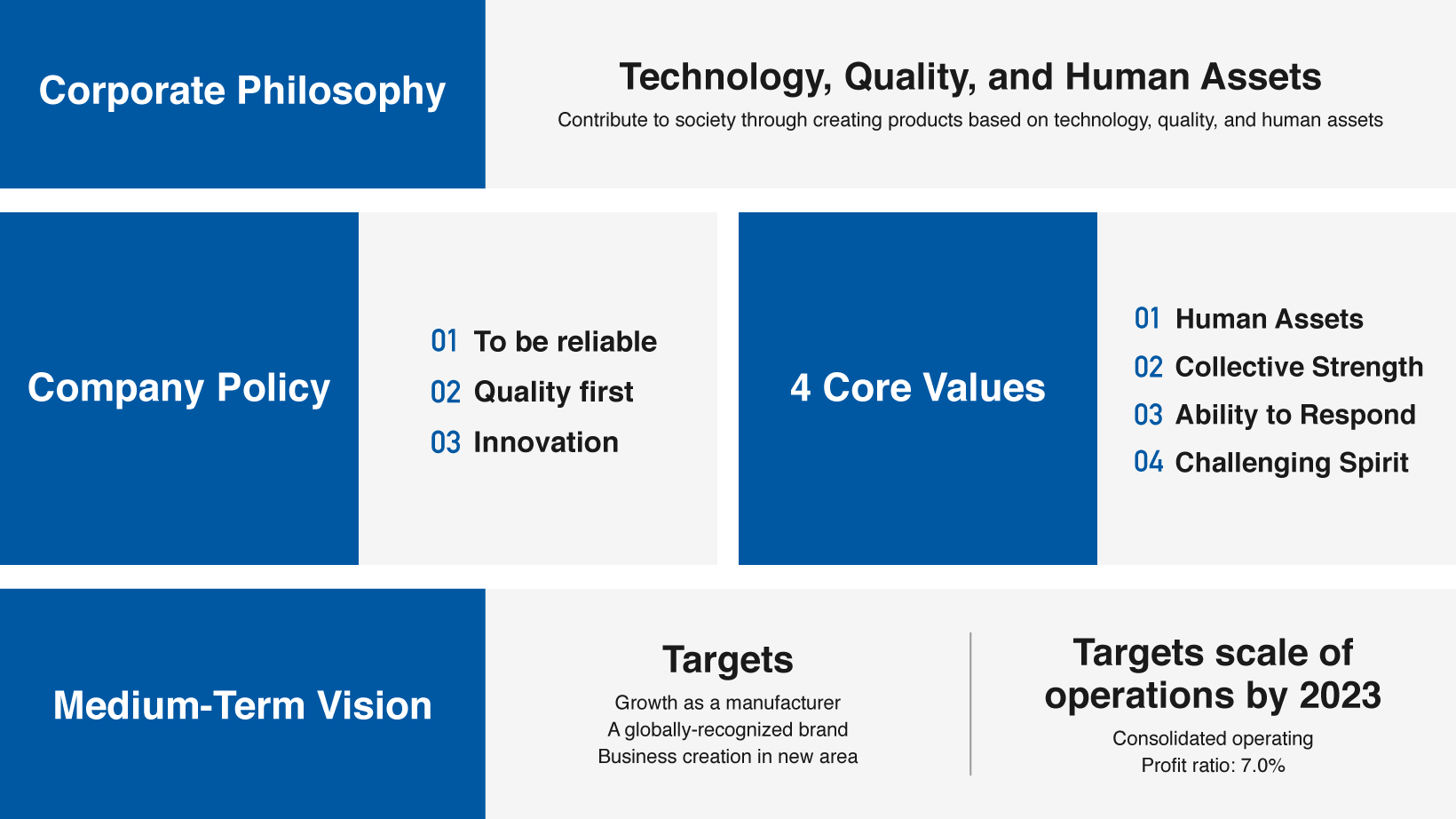
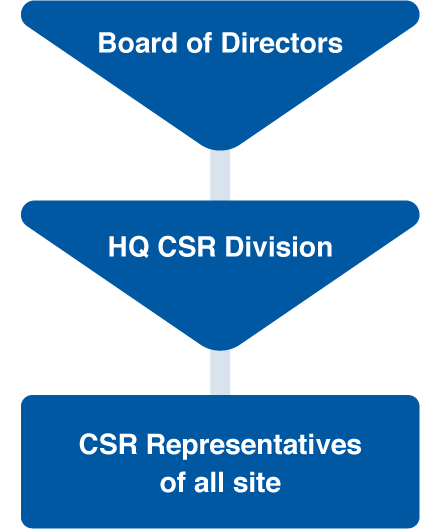
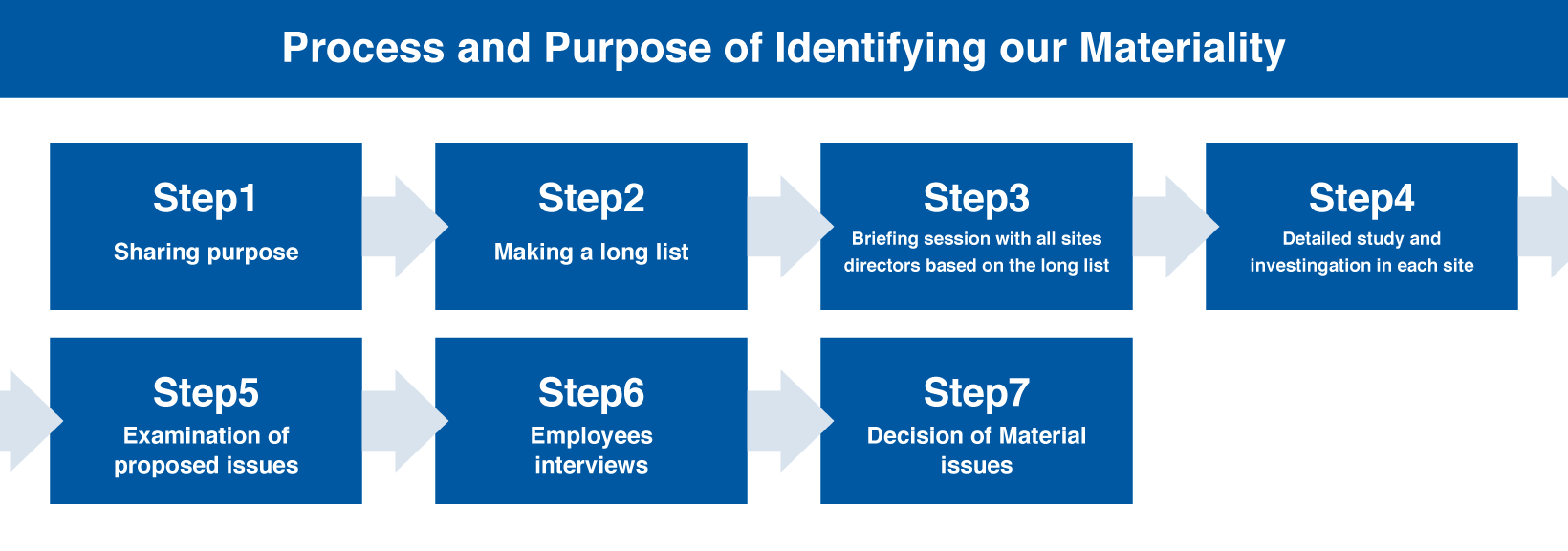
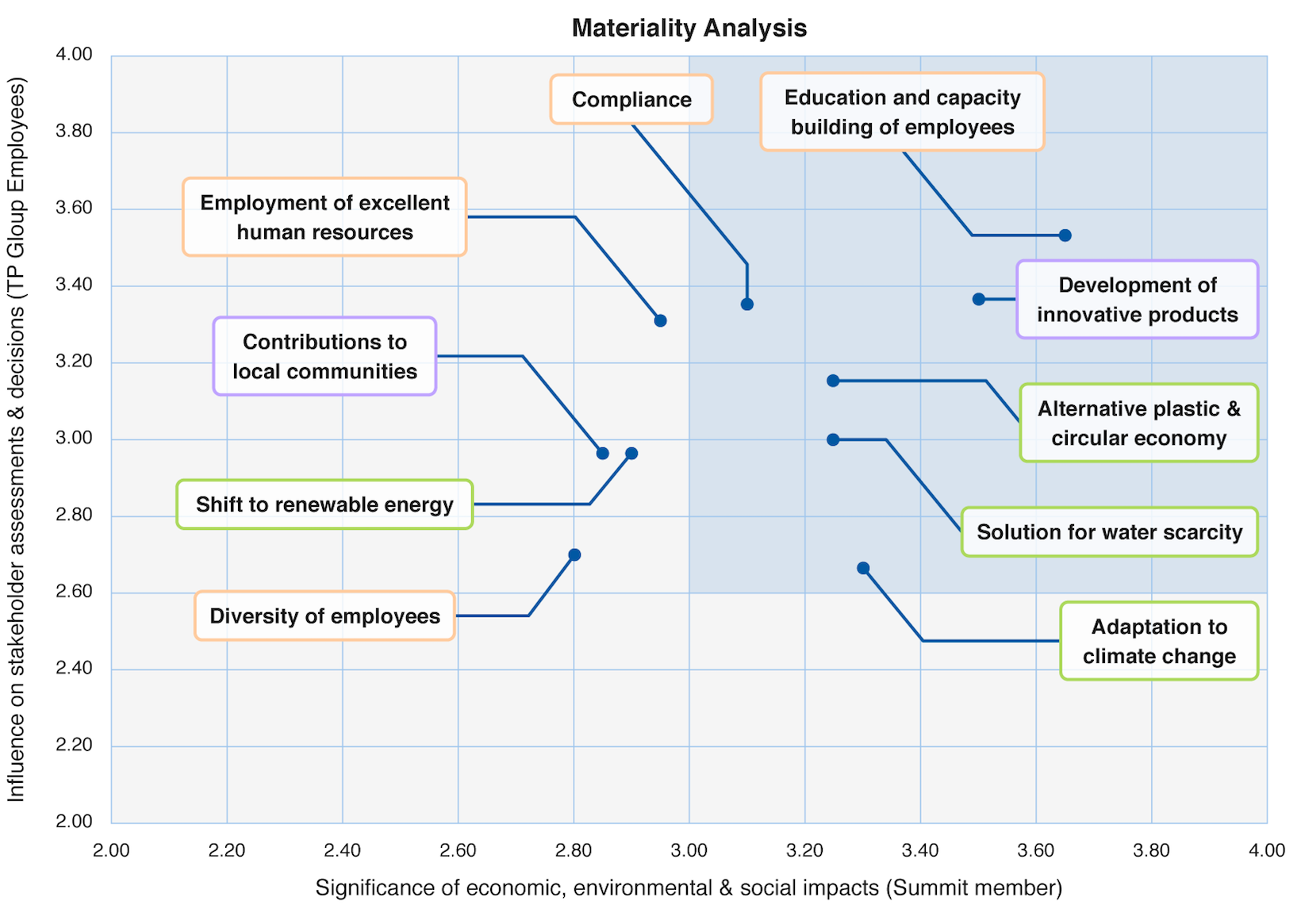
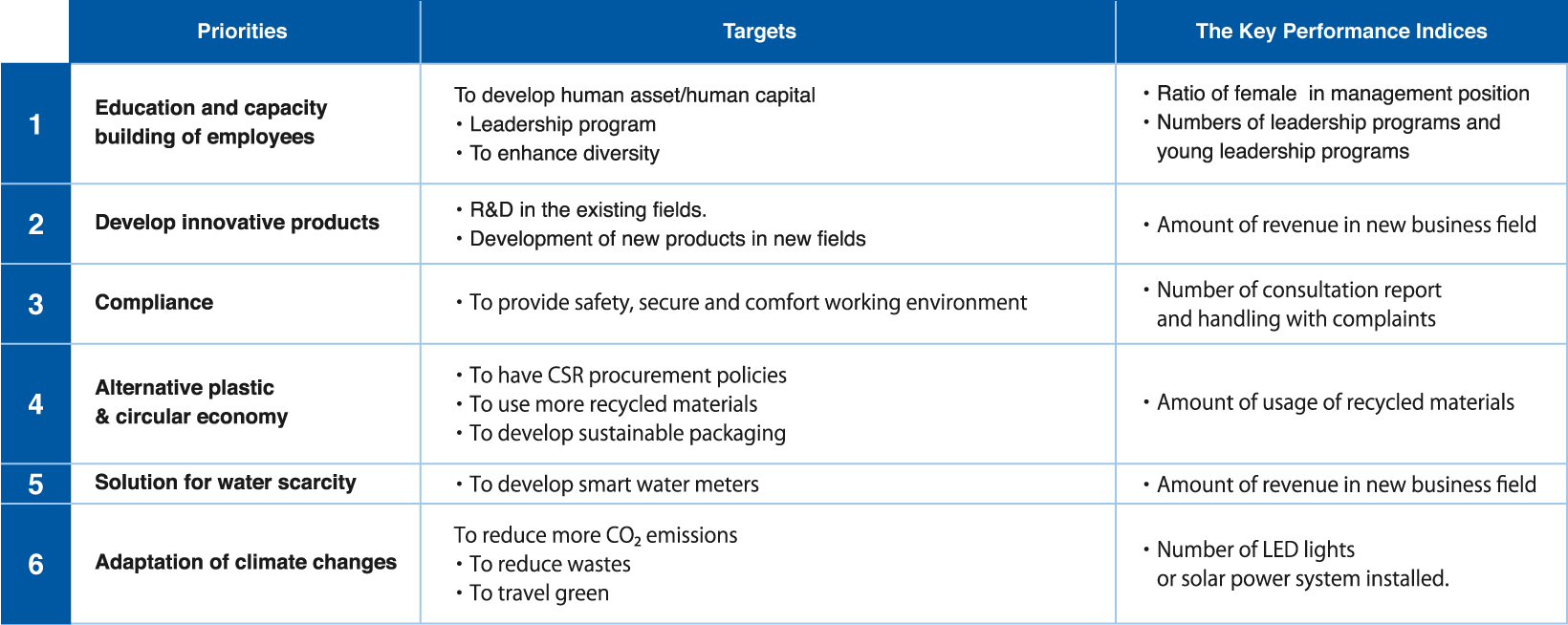
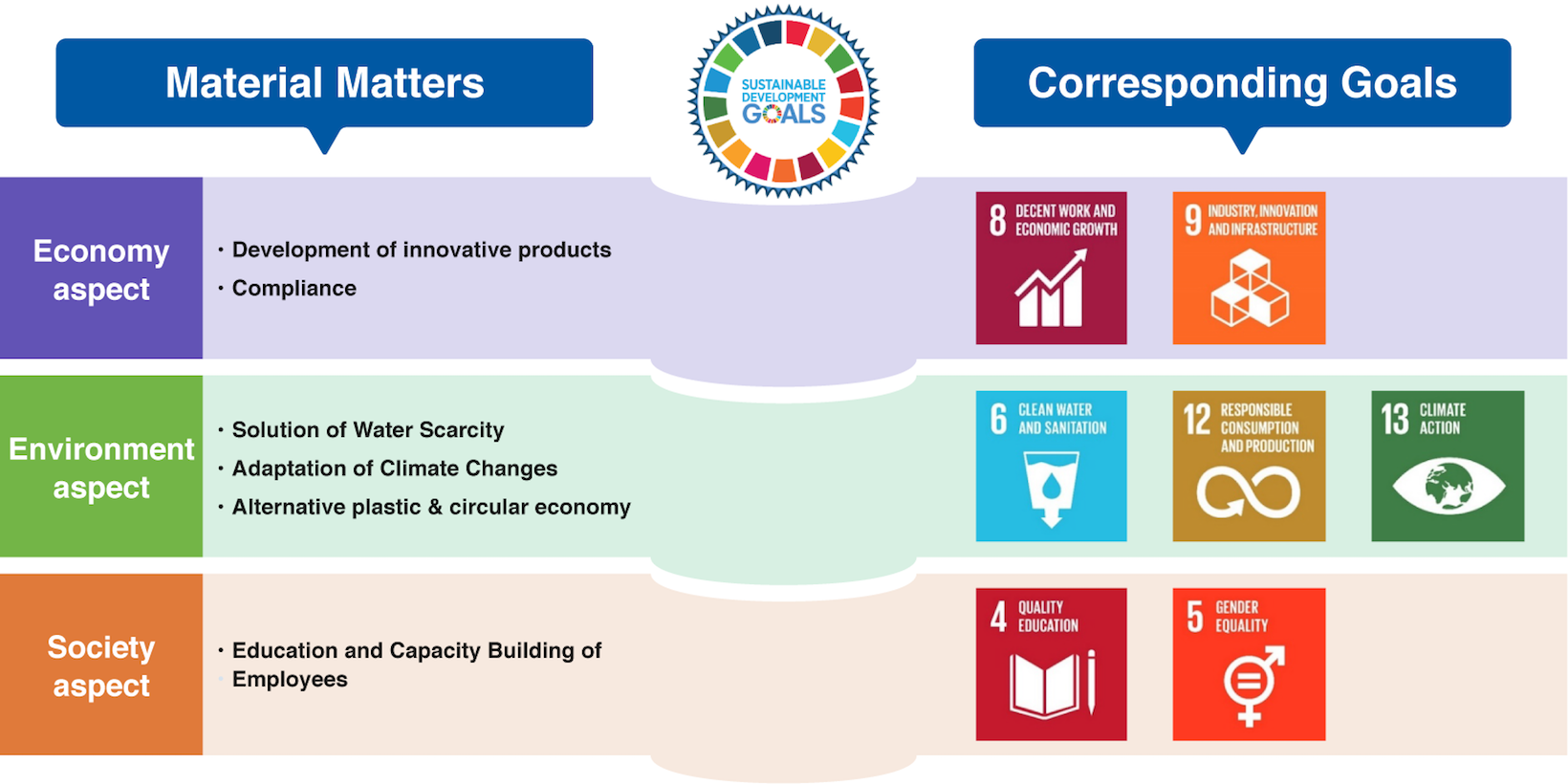
obrazek 12
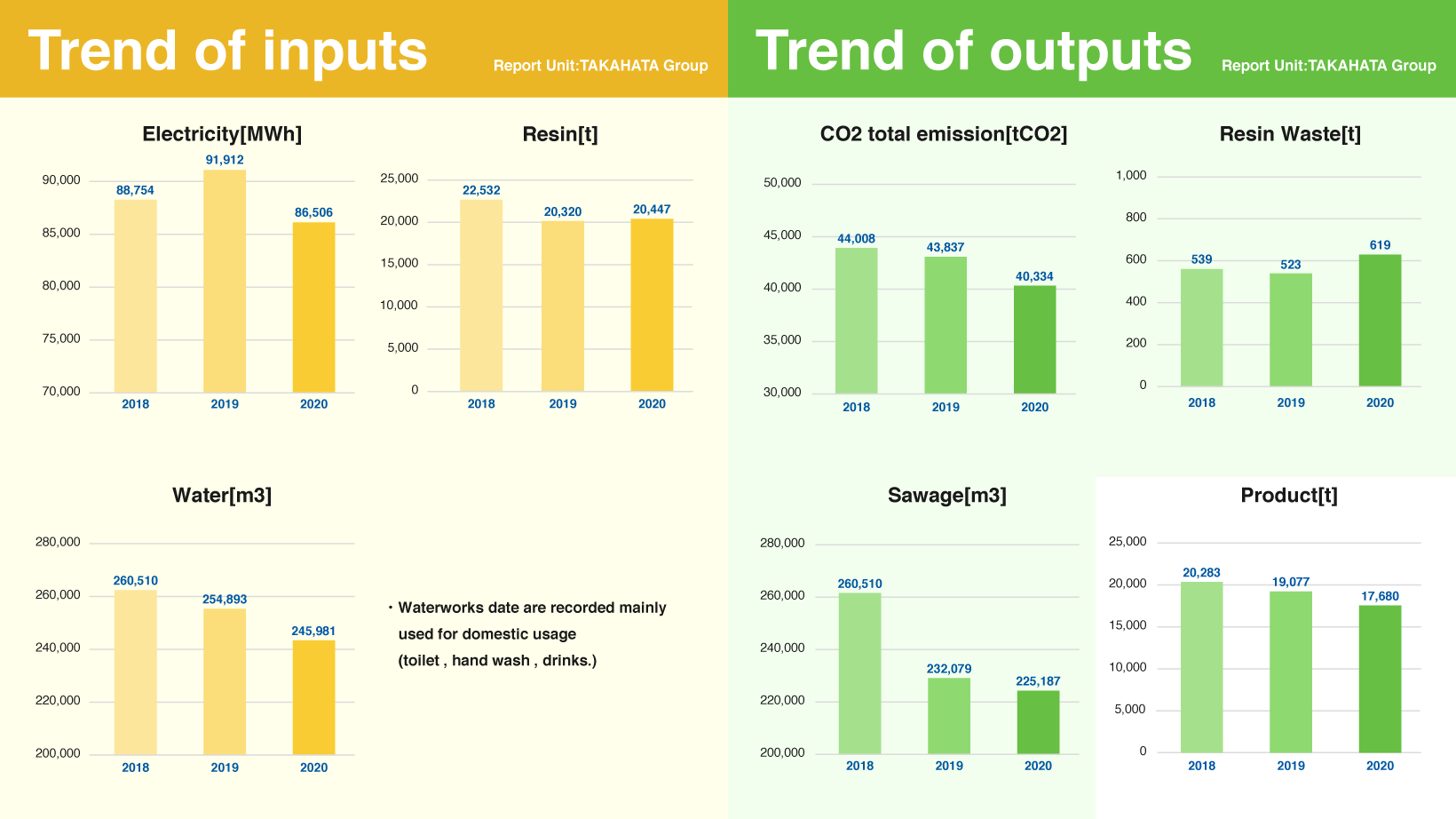
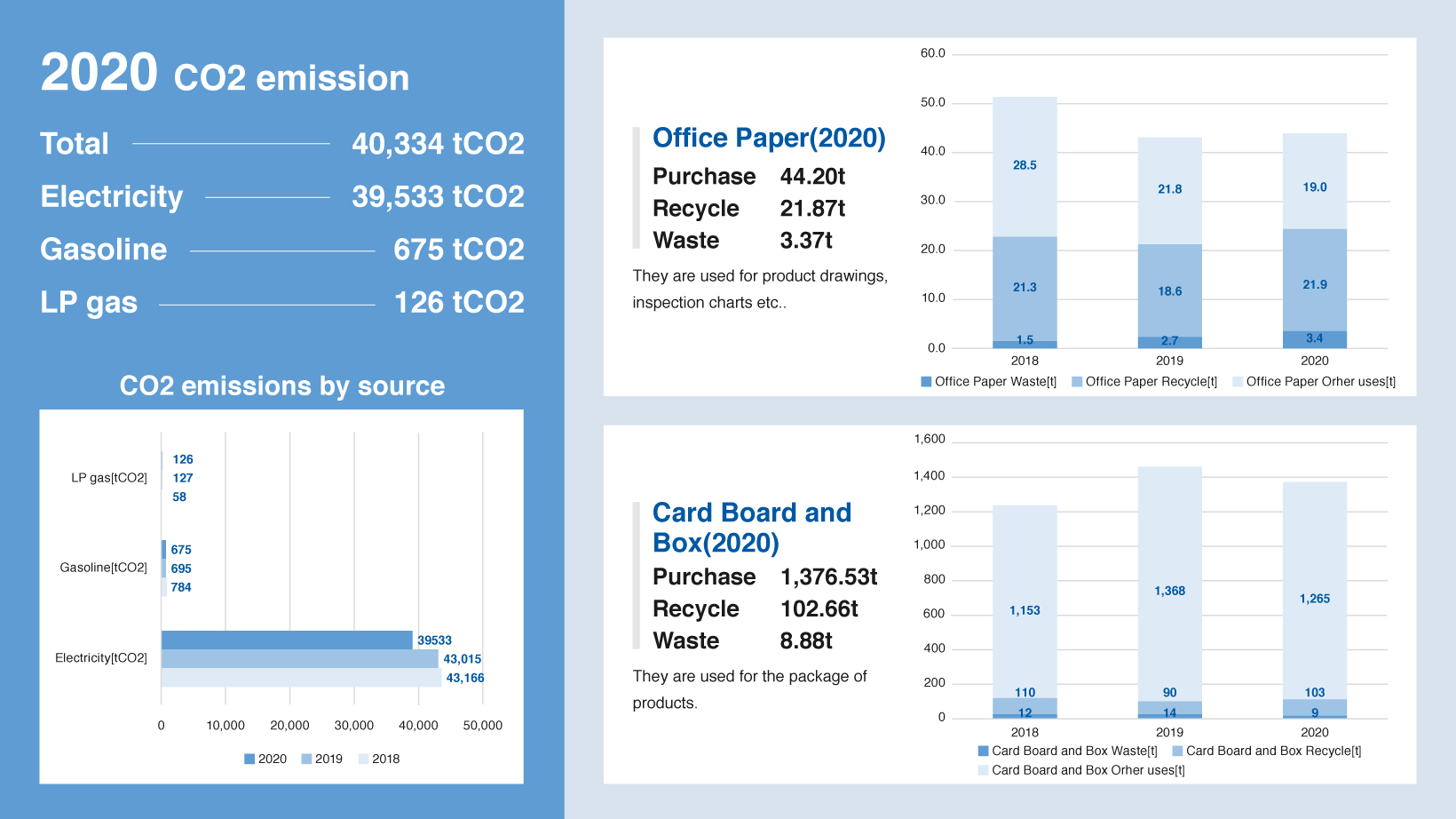
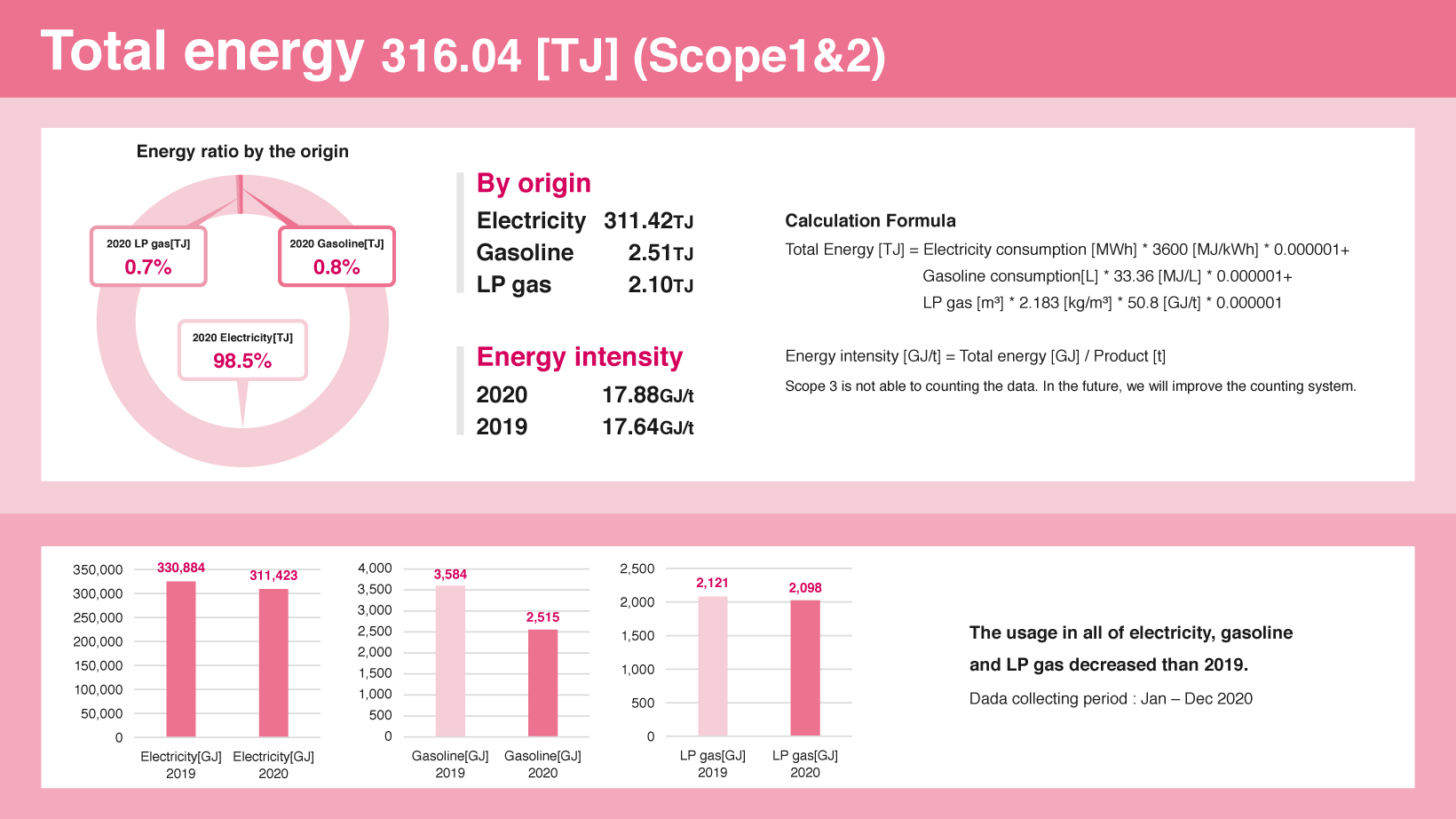
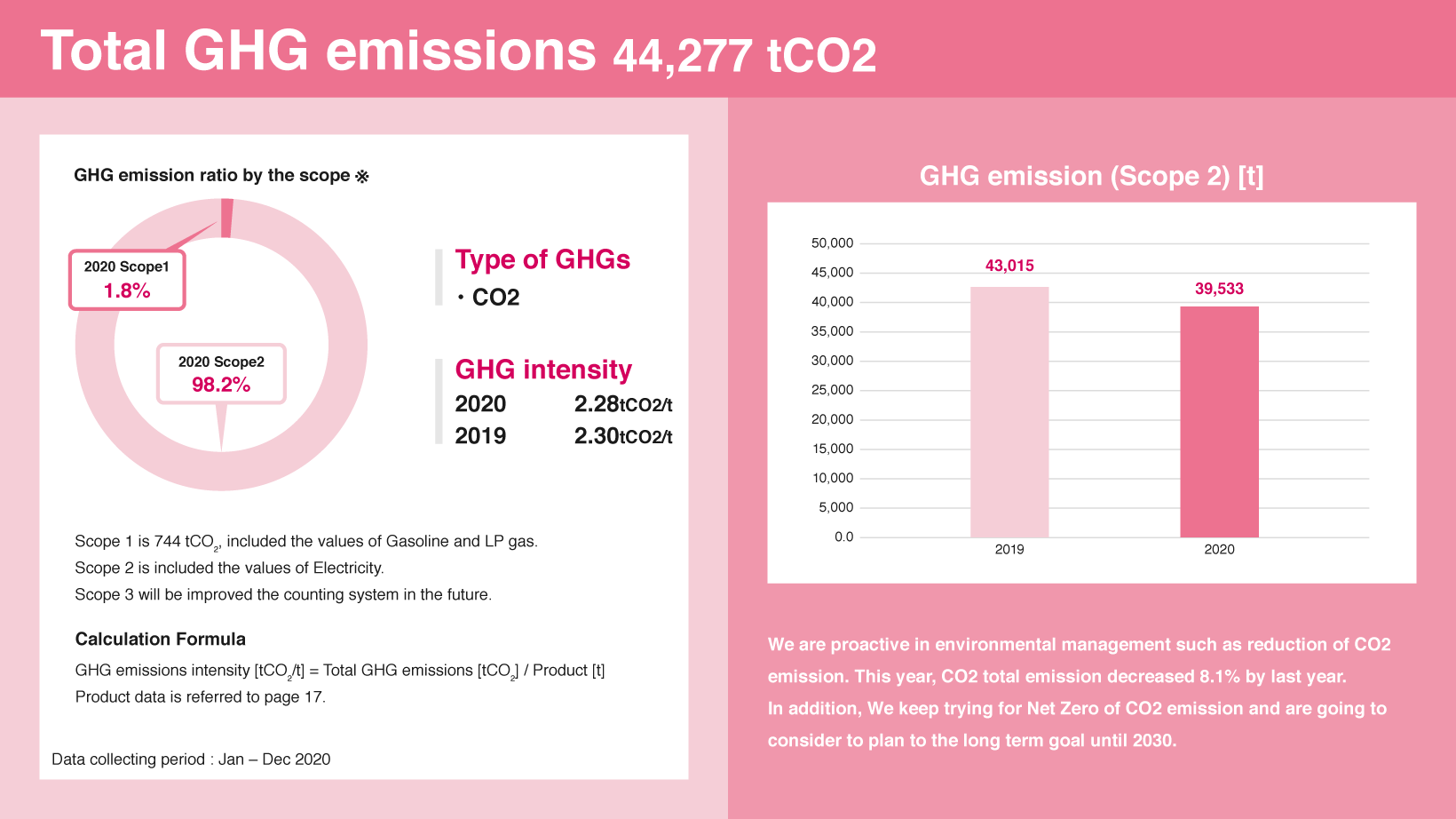
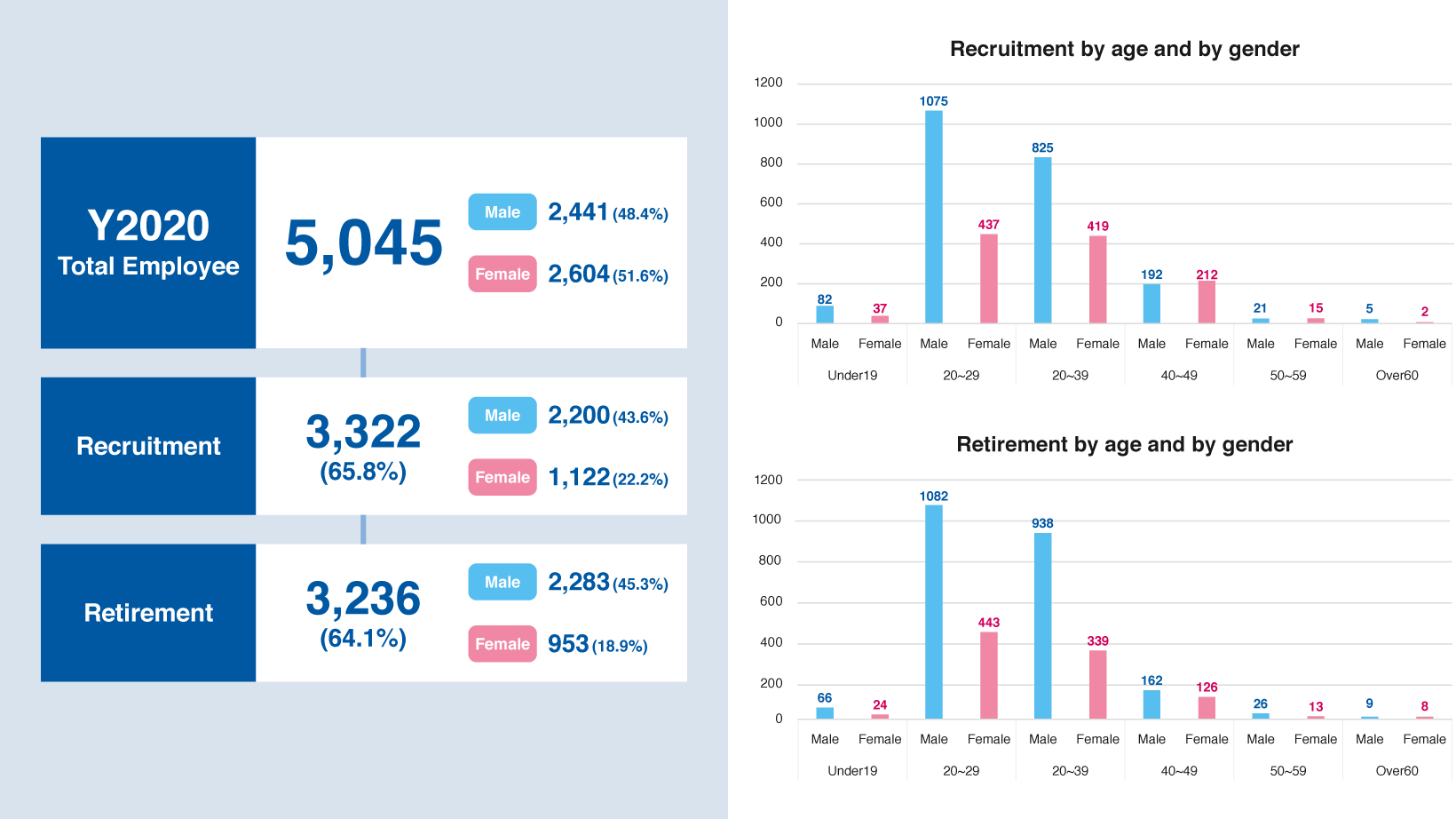
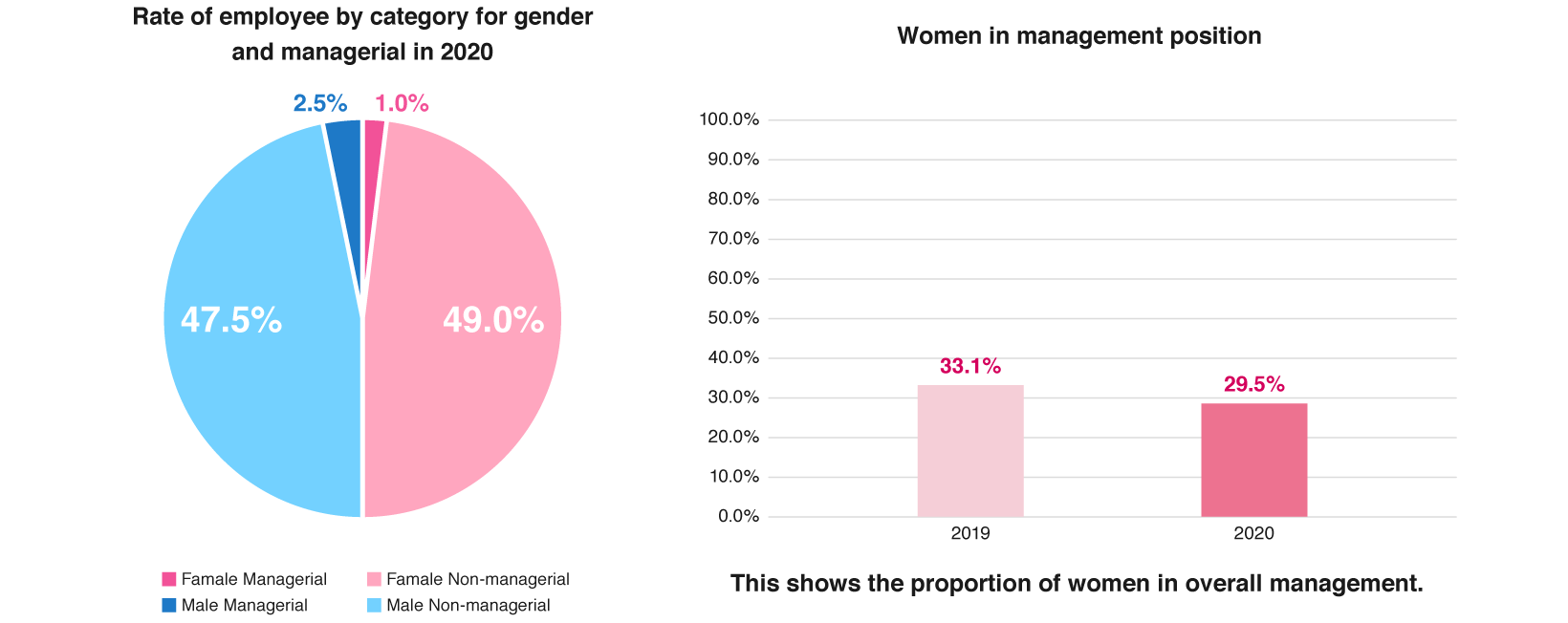
Building capacity with educational opportunities
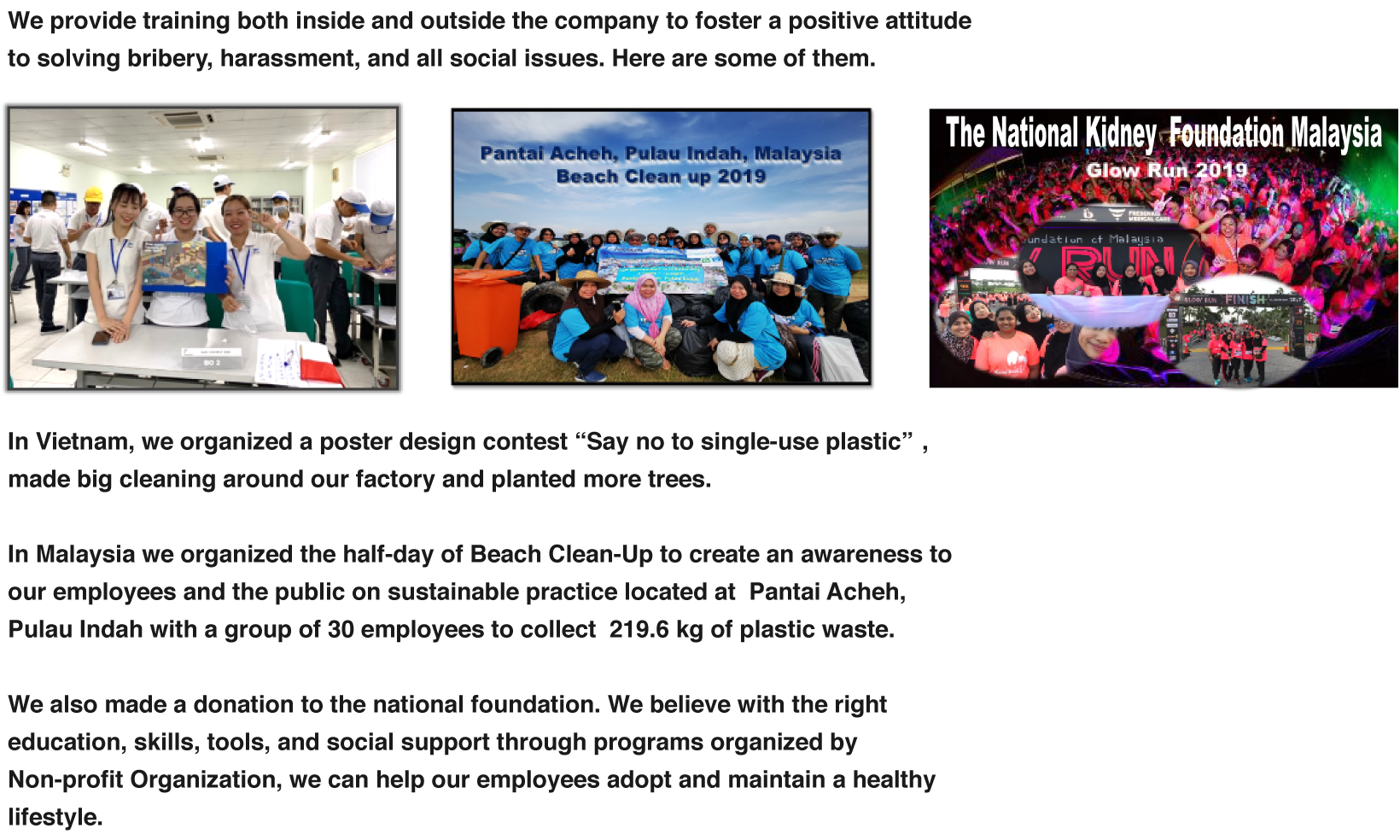
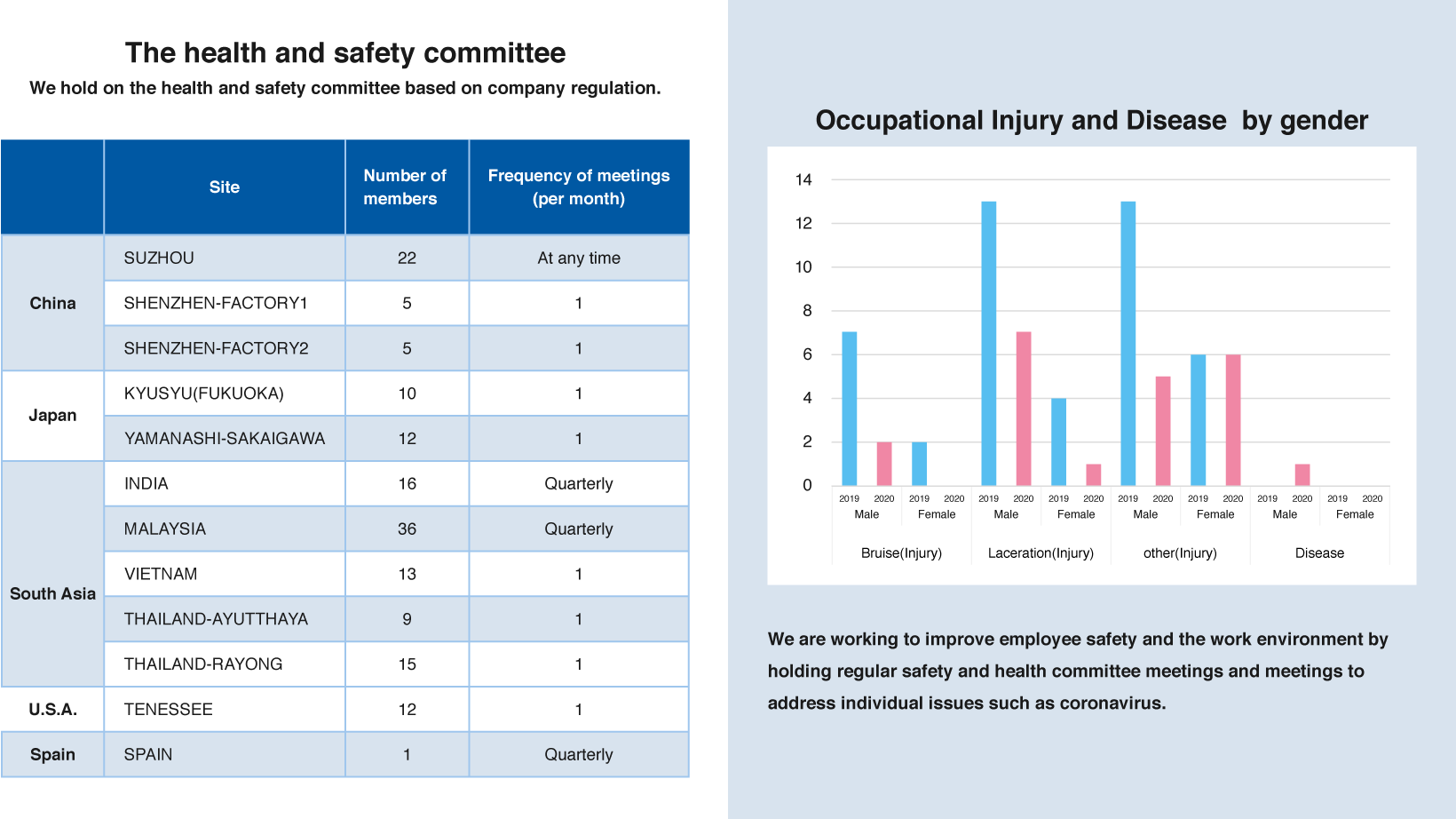
Preventive measures against COVID-19
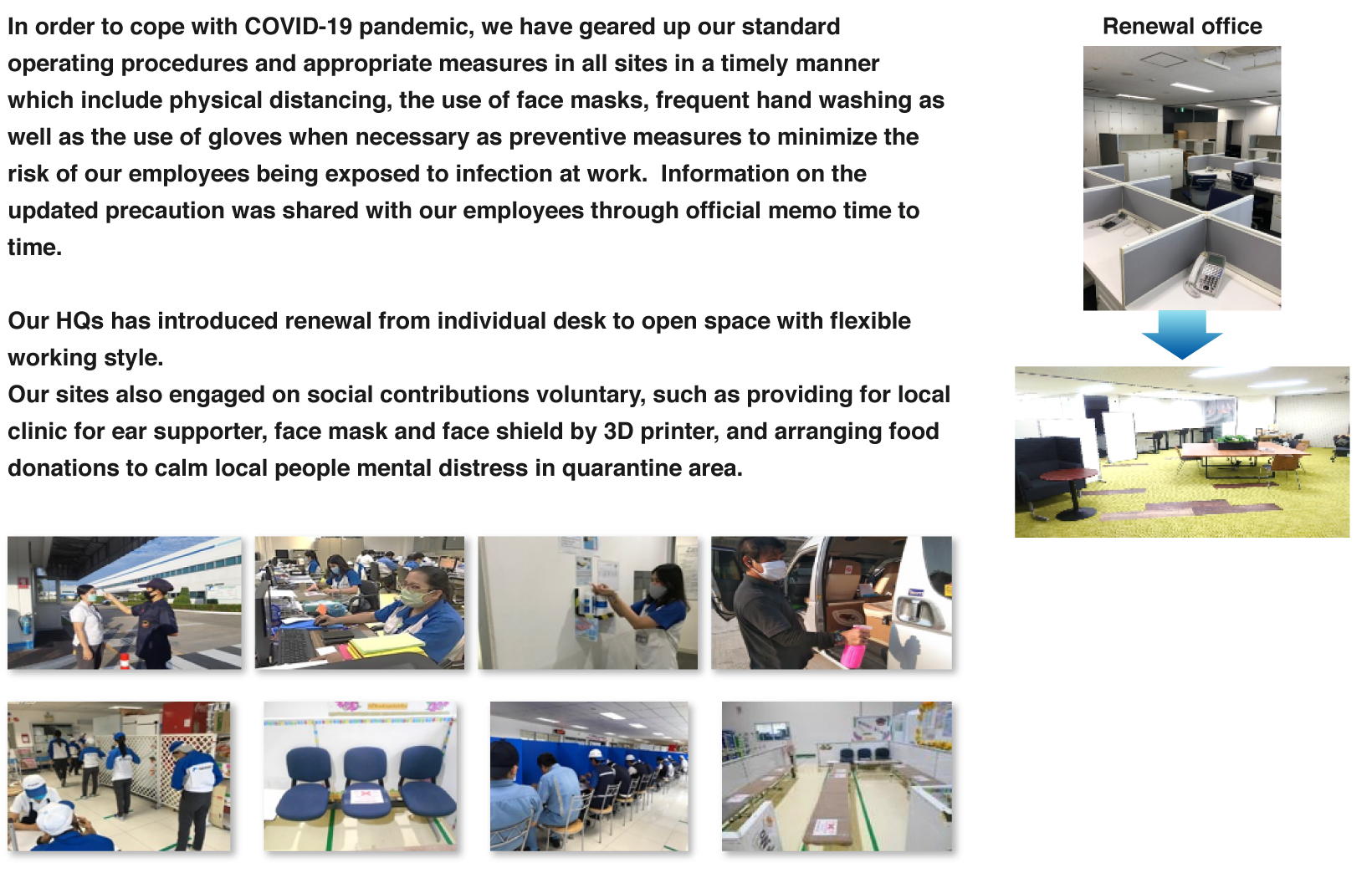
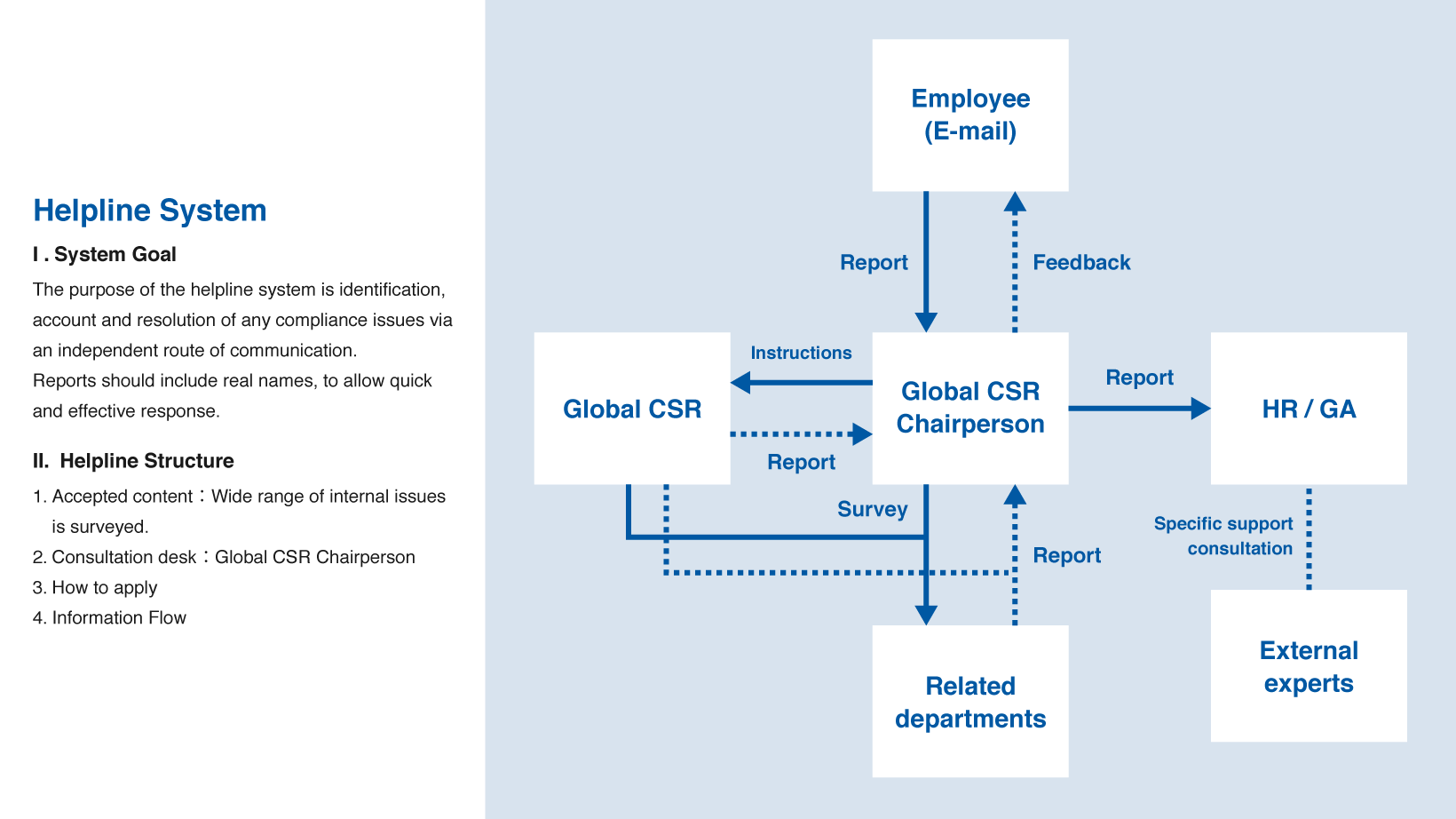
Local community engagement
